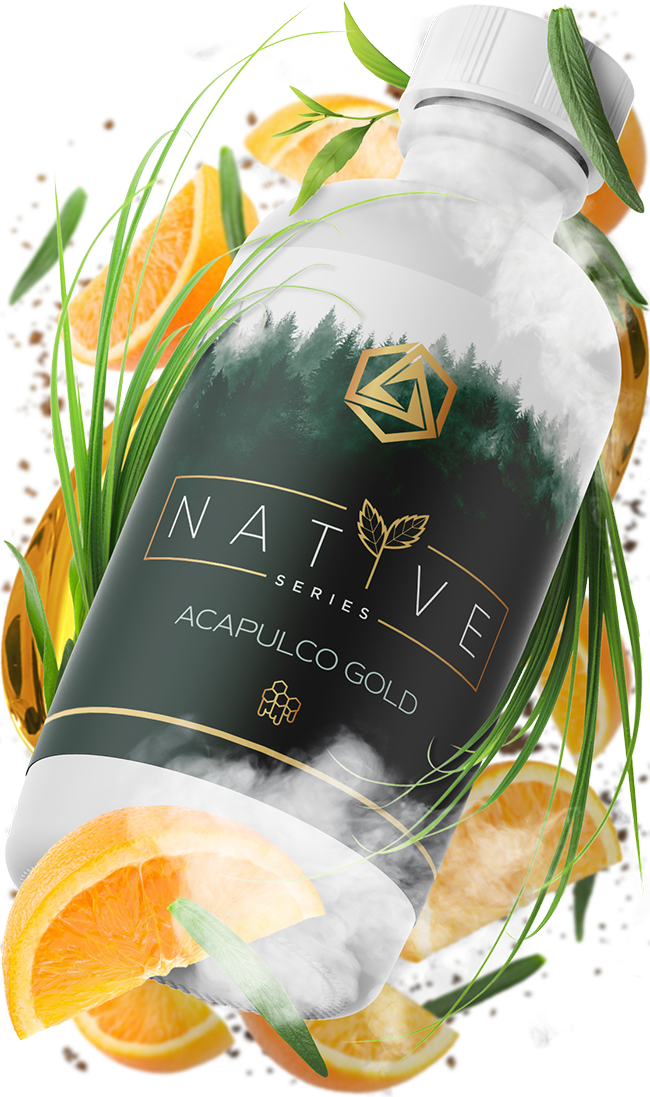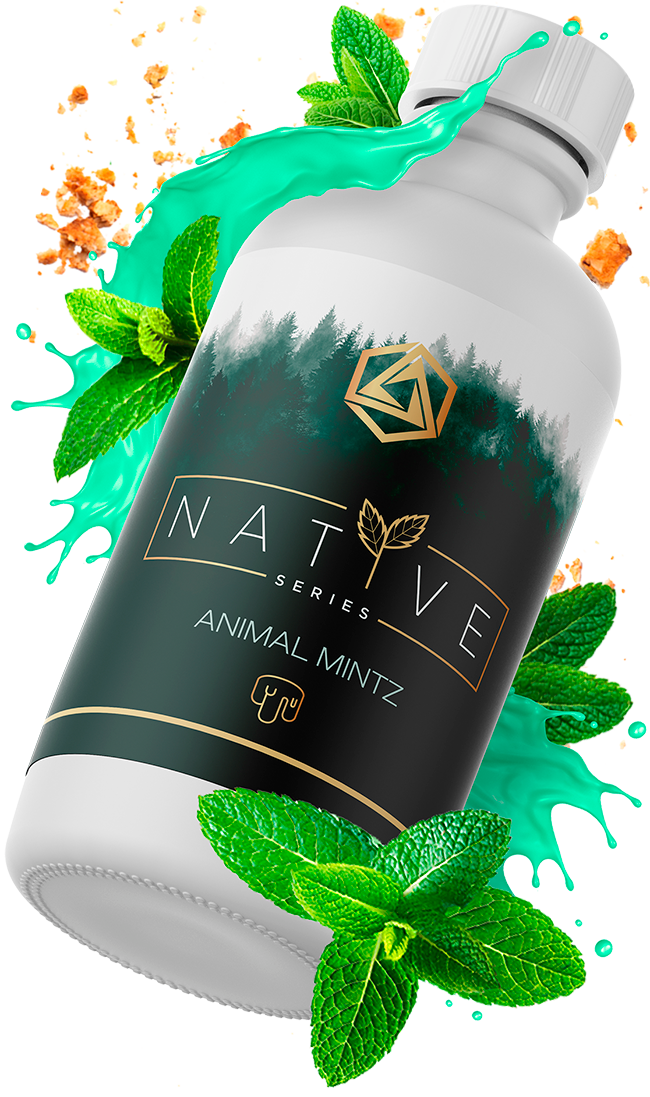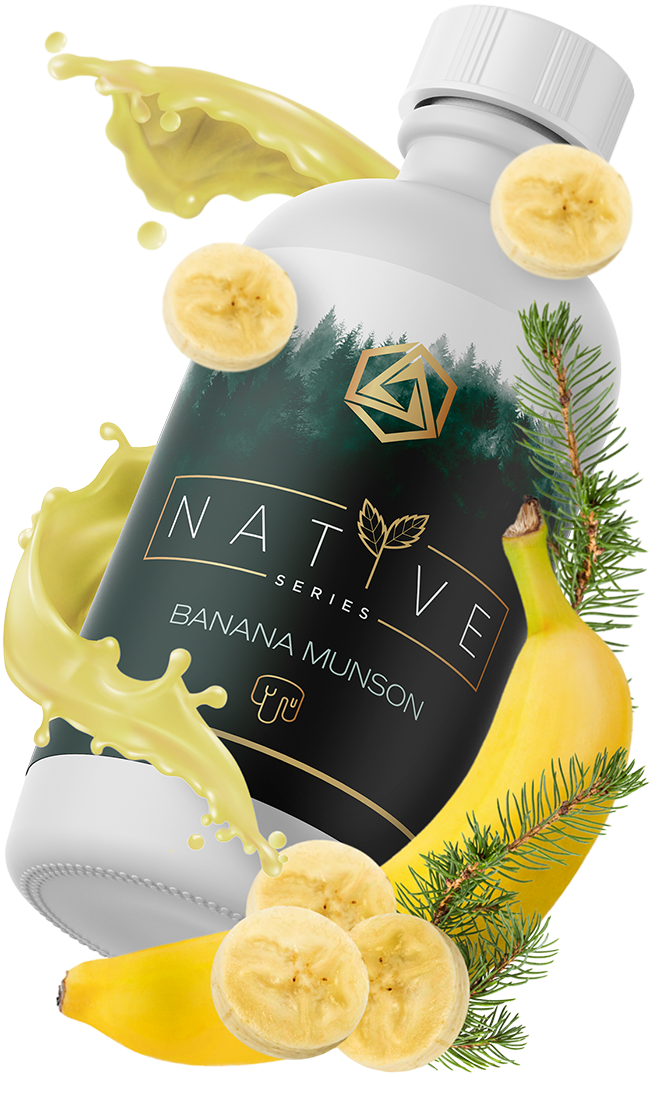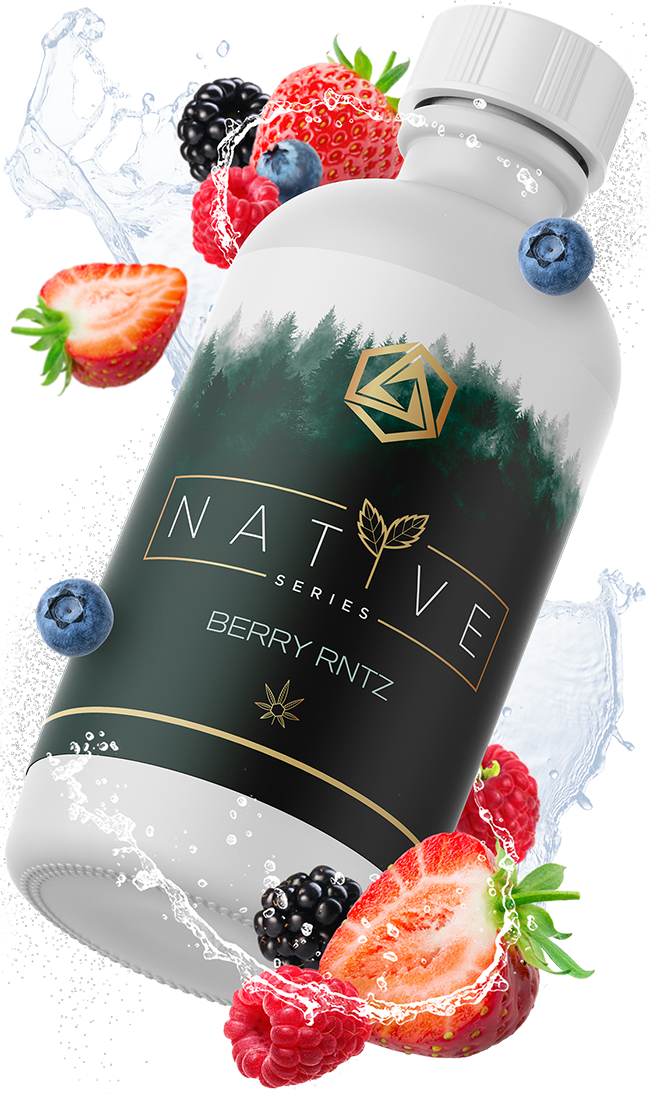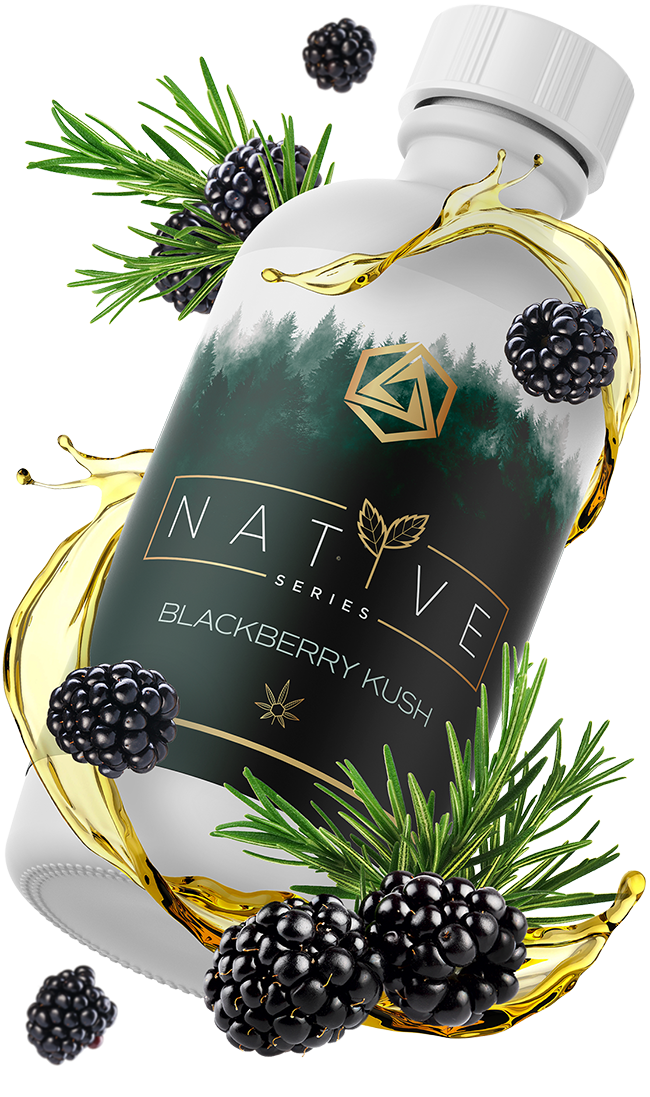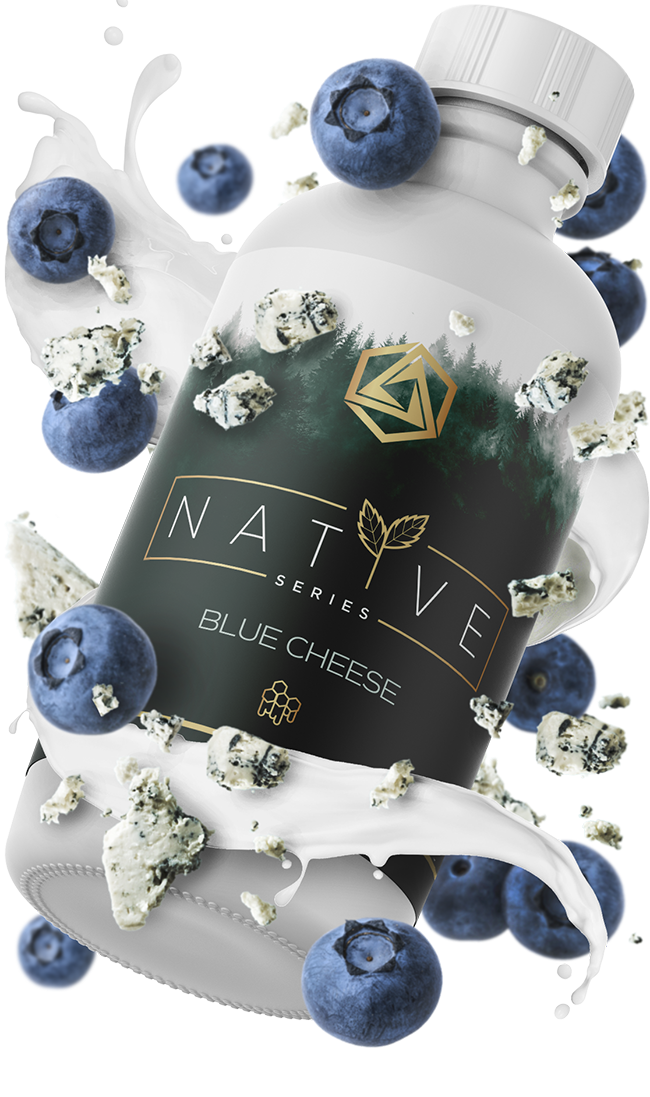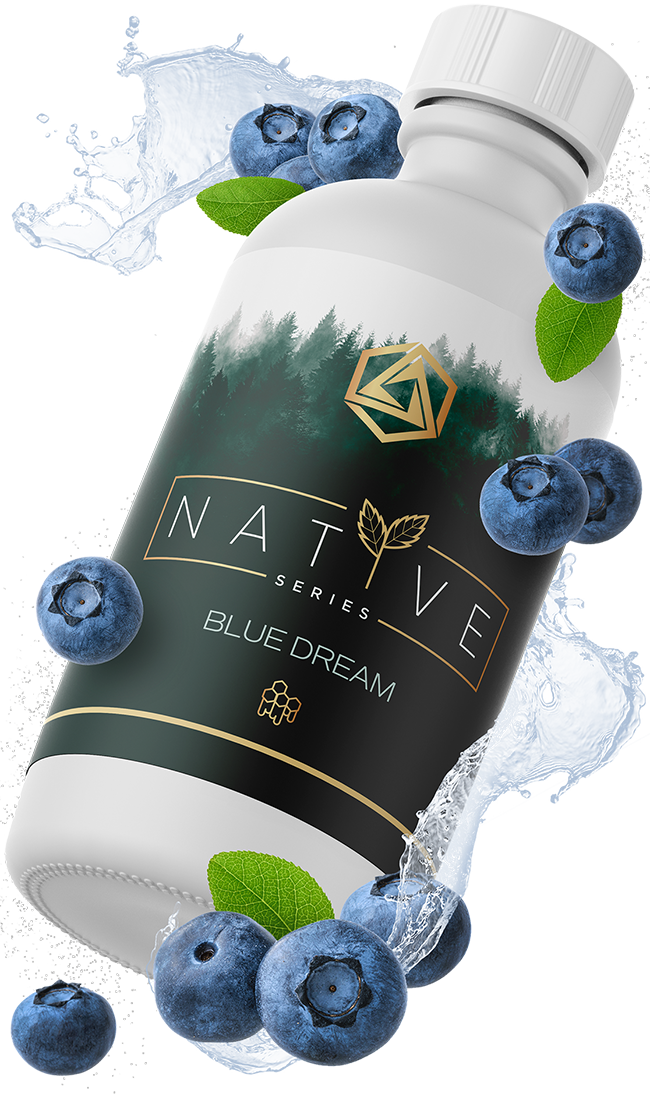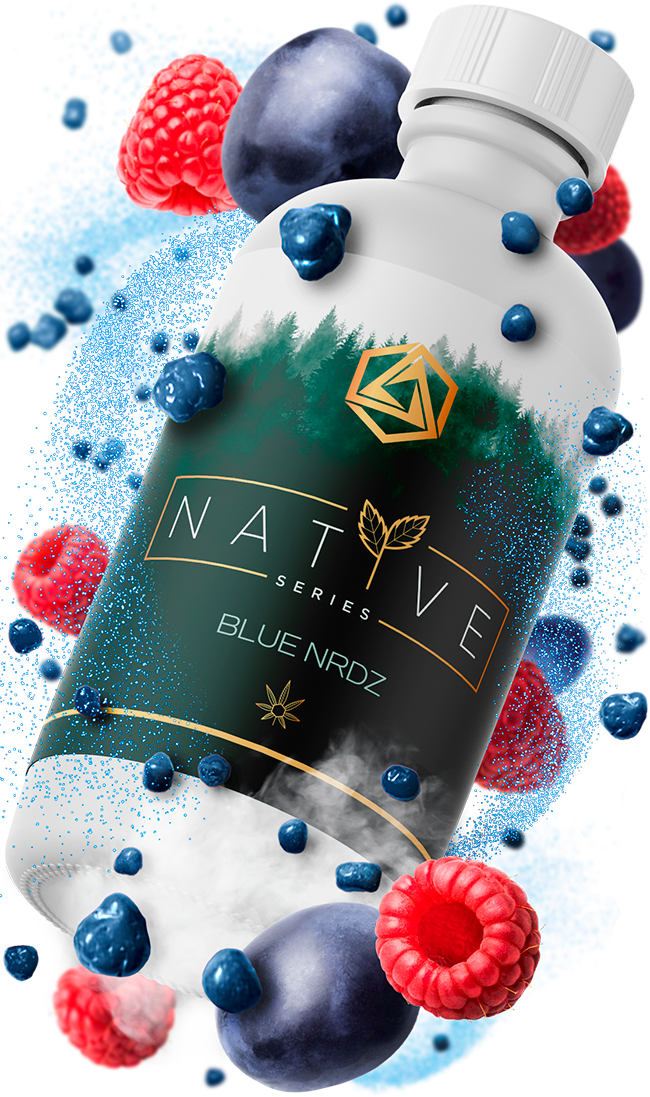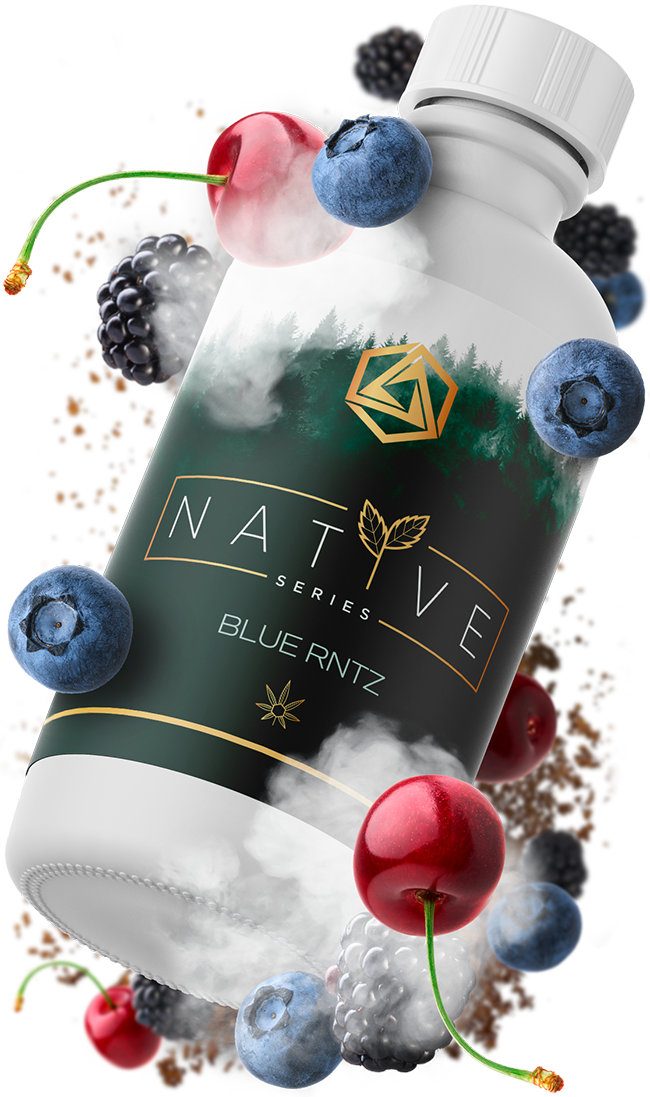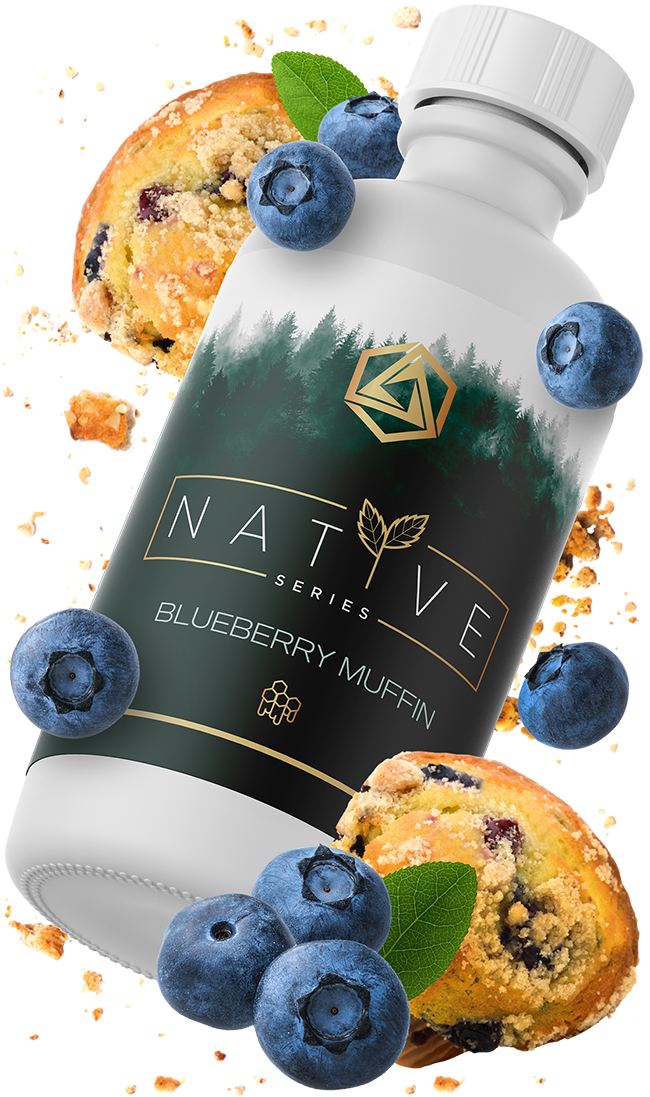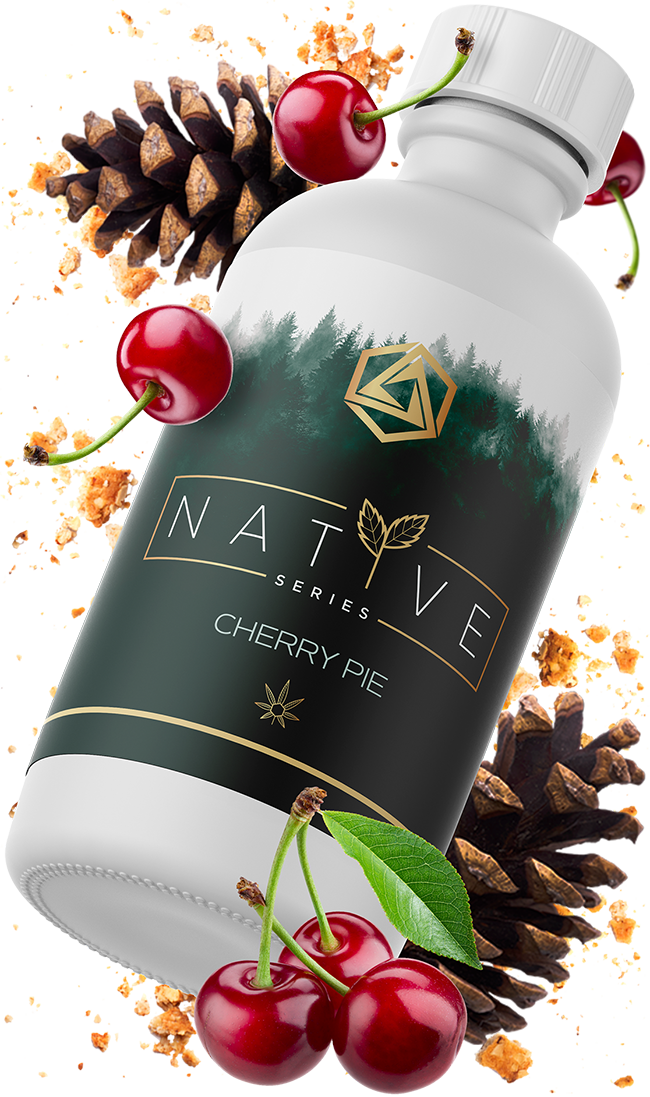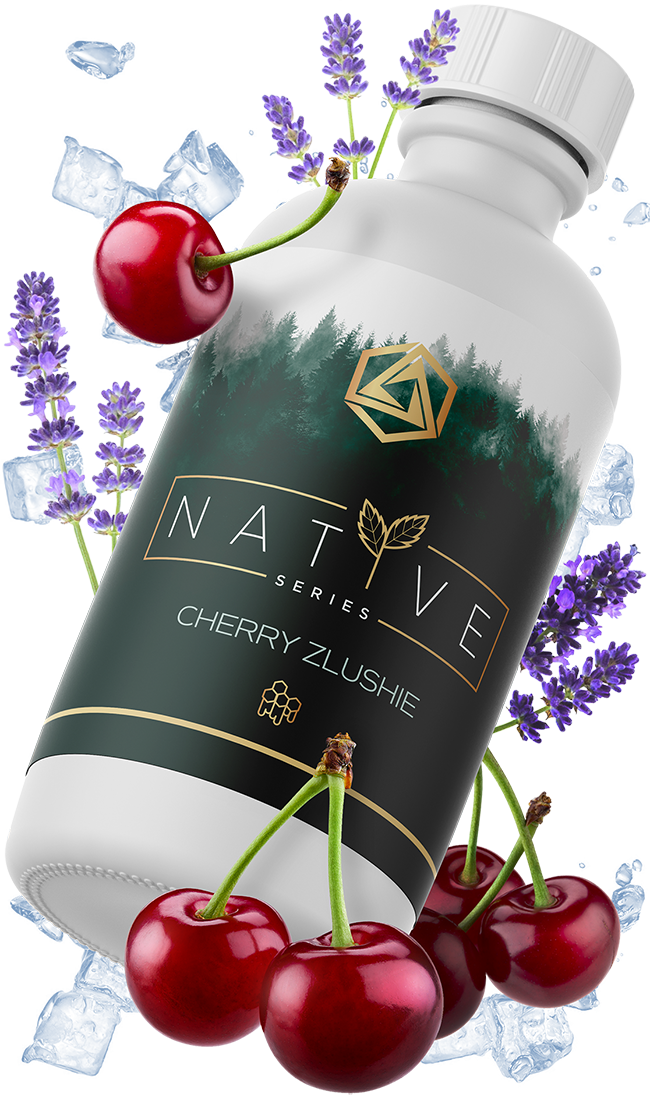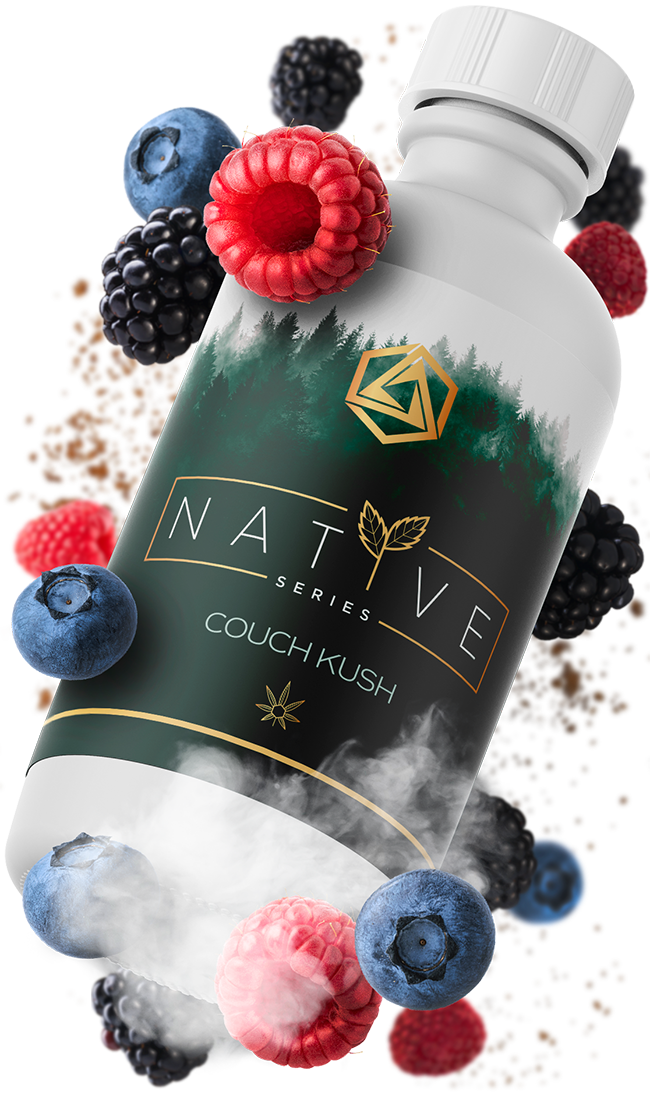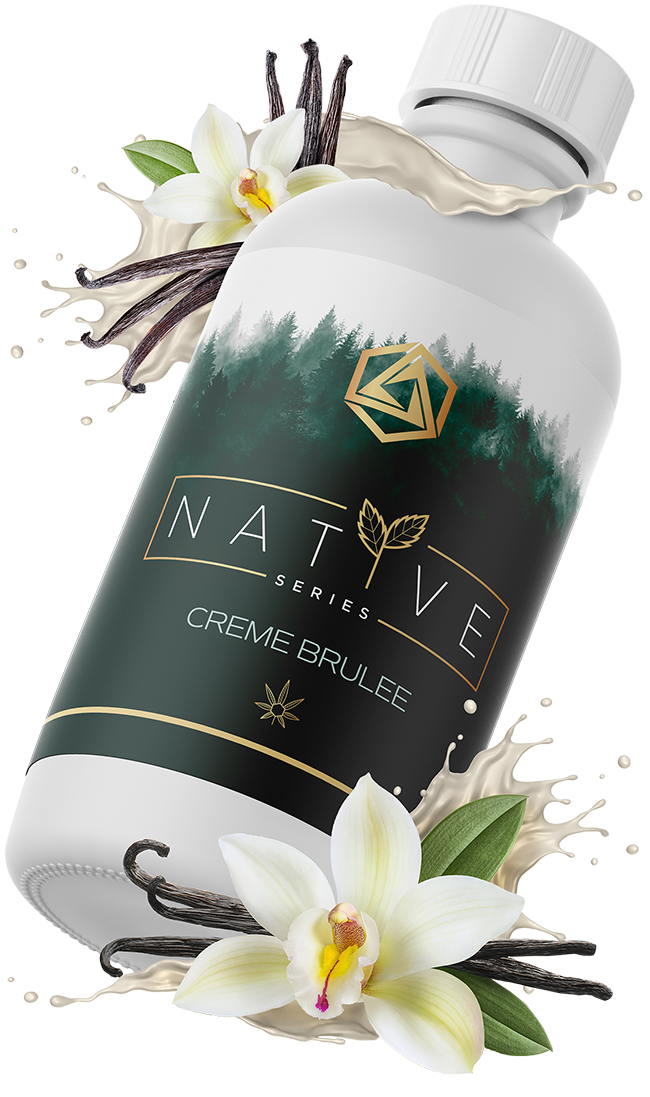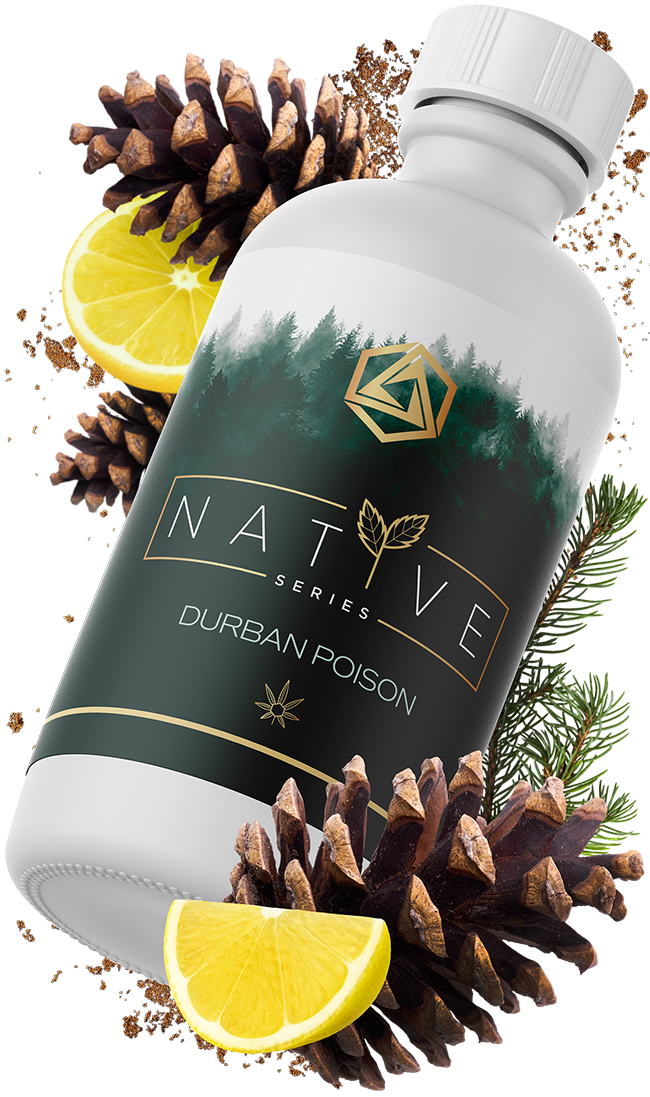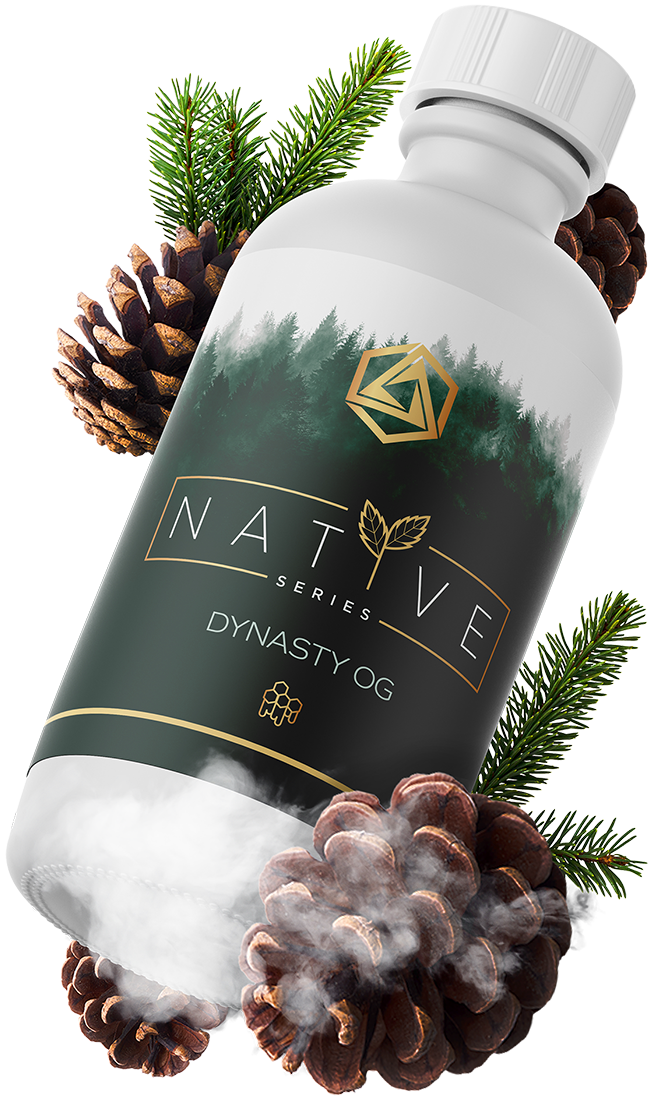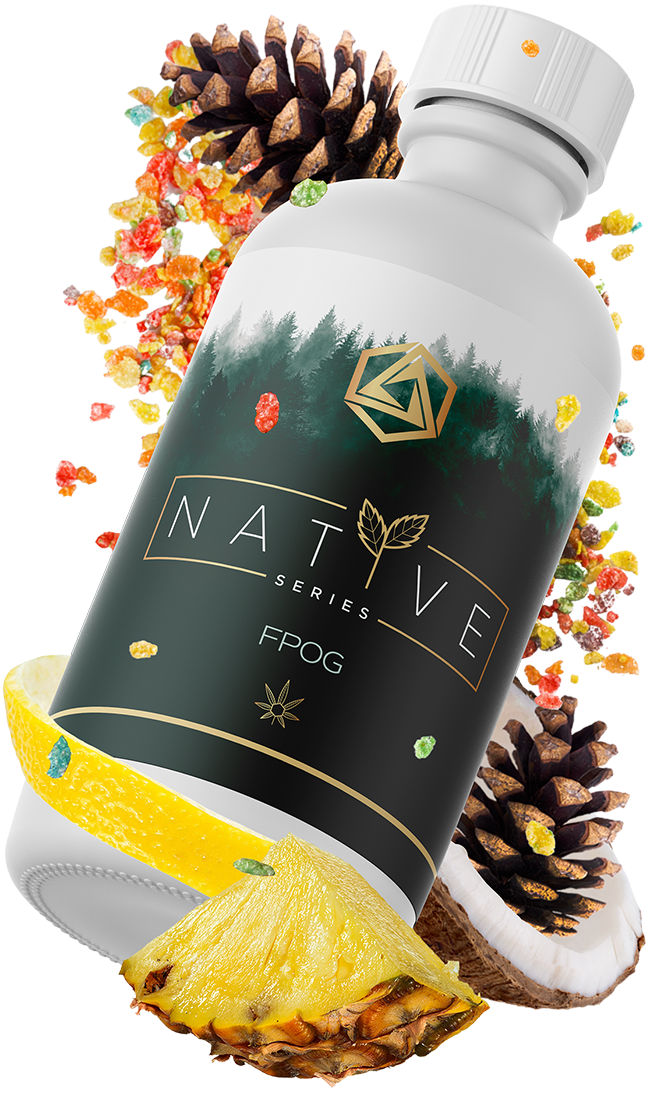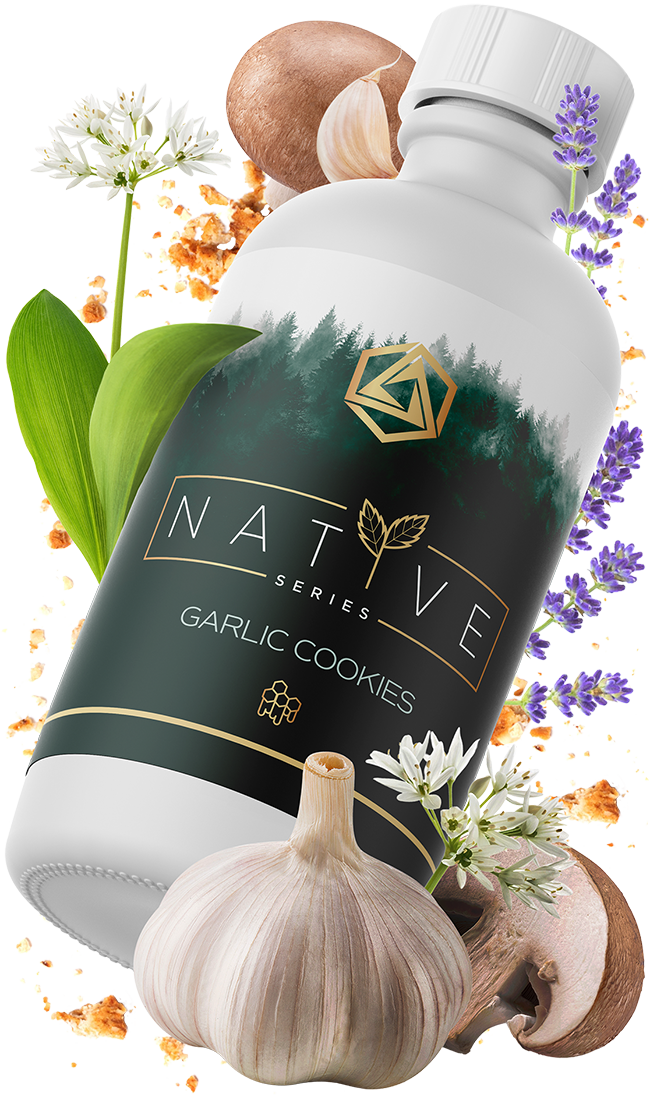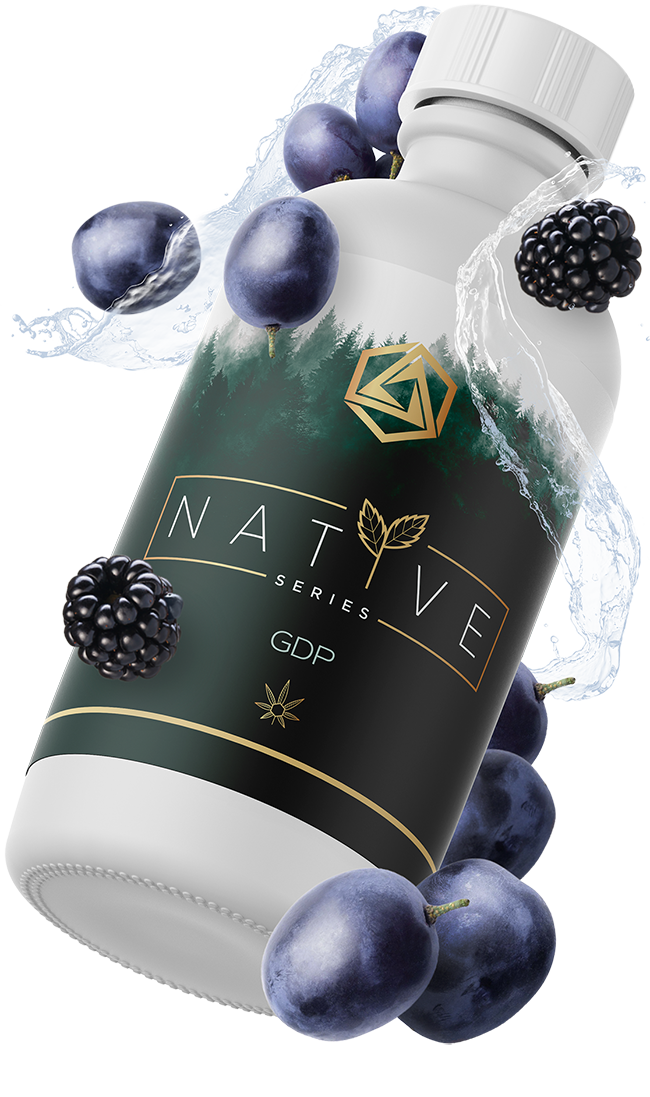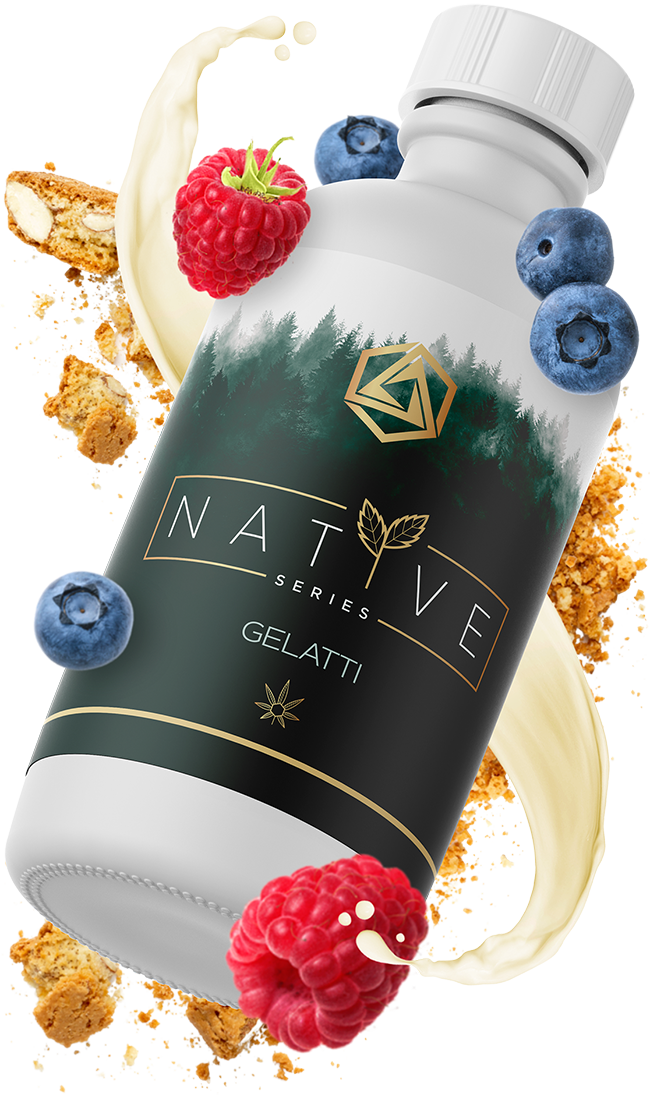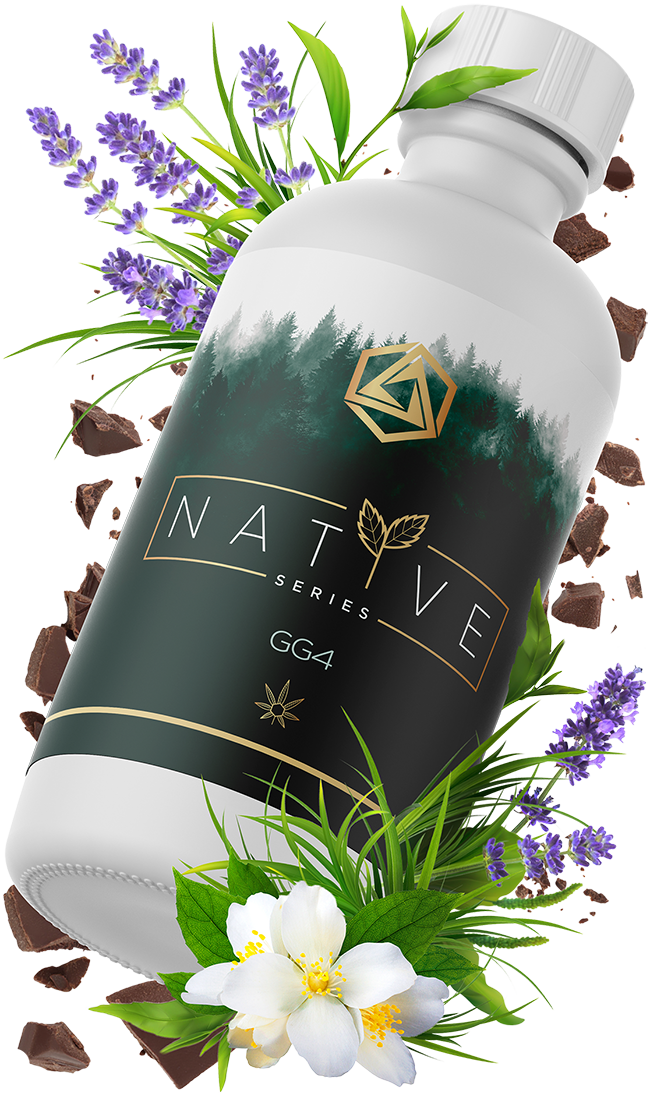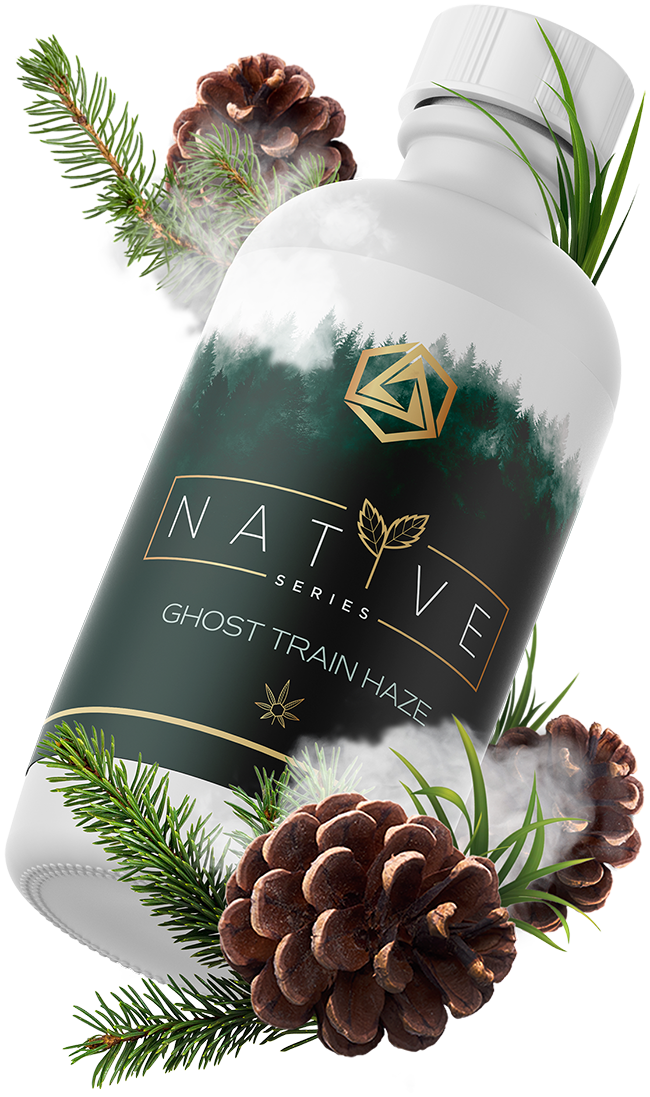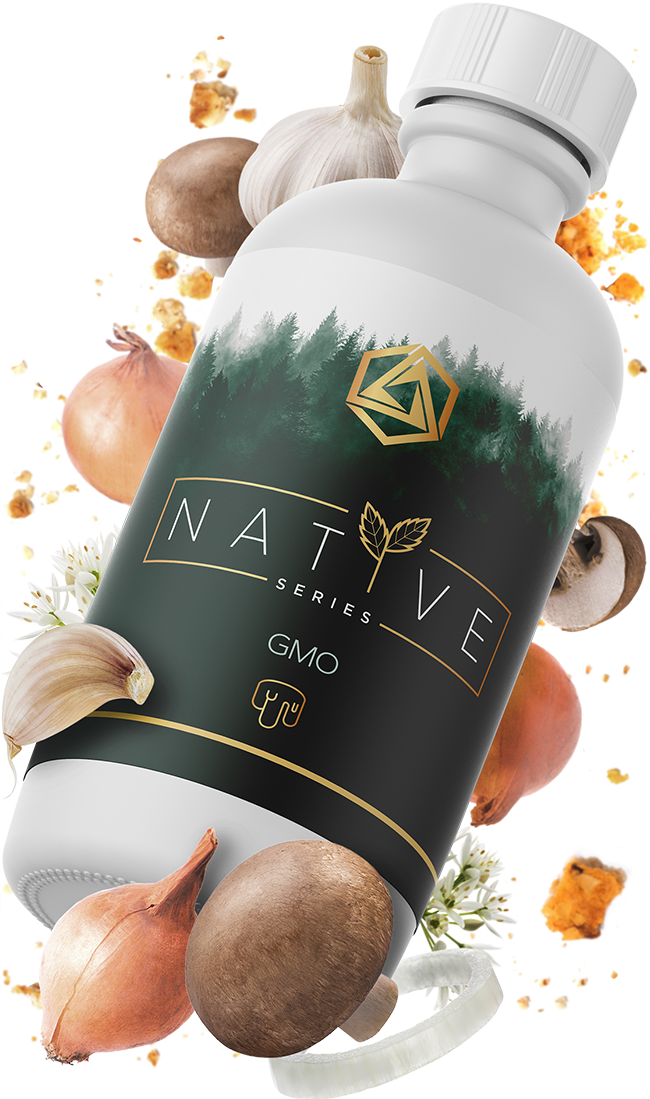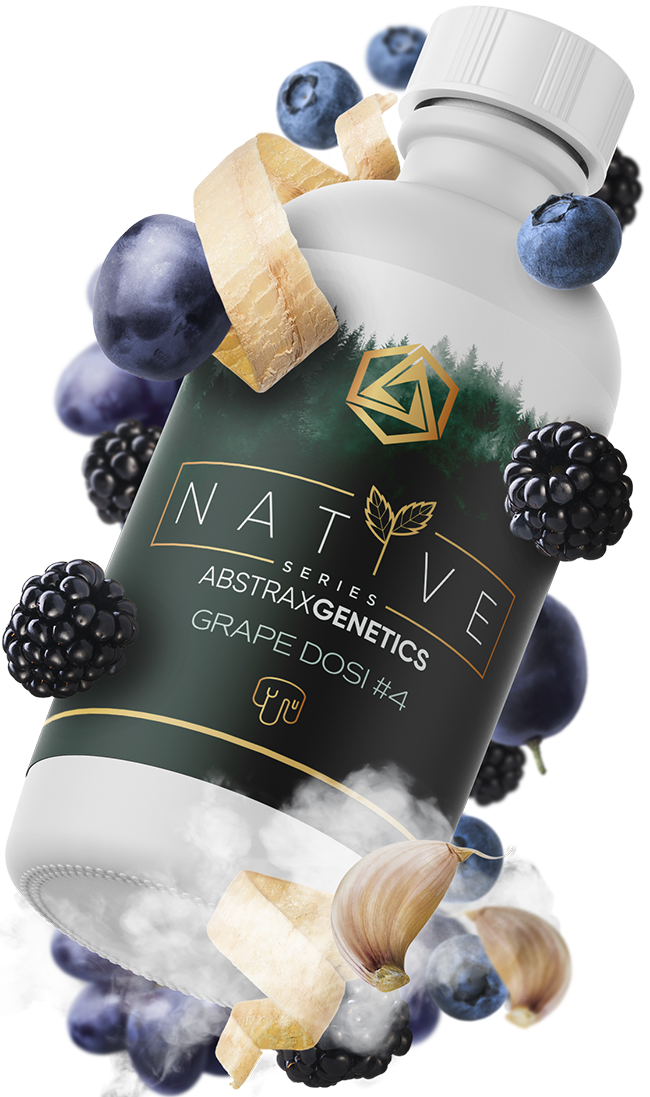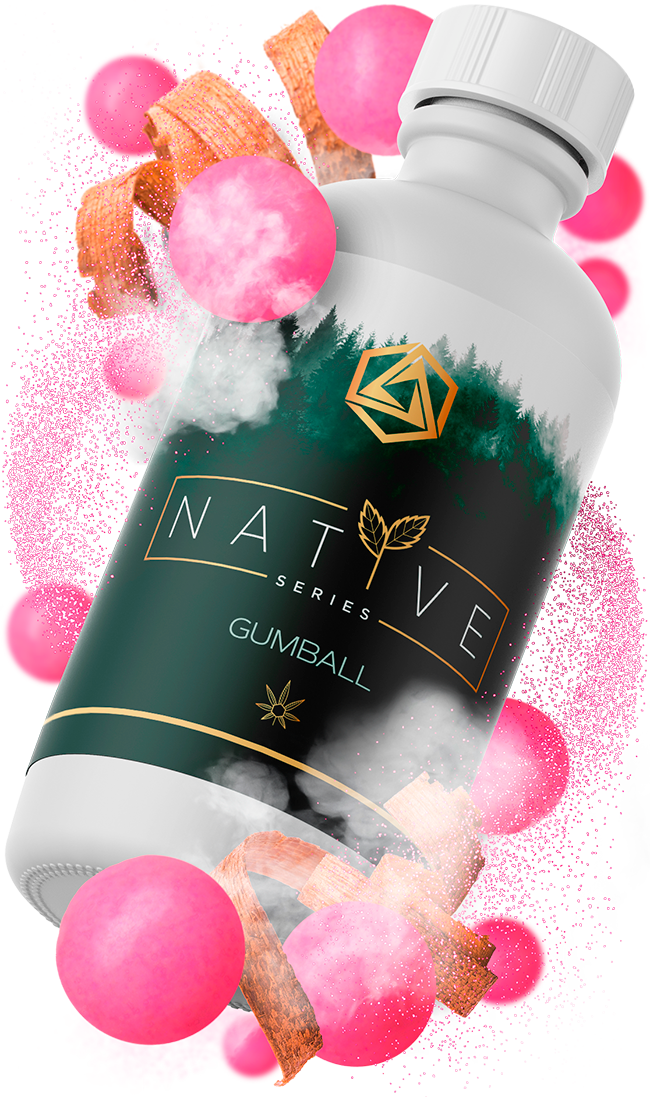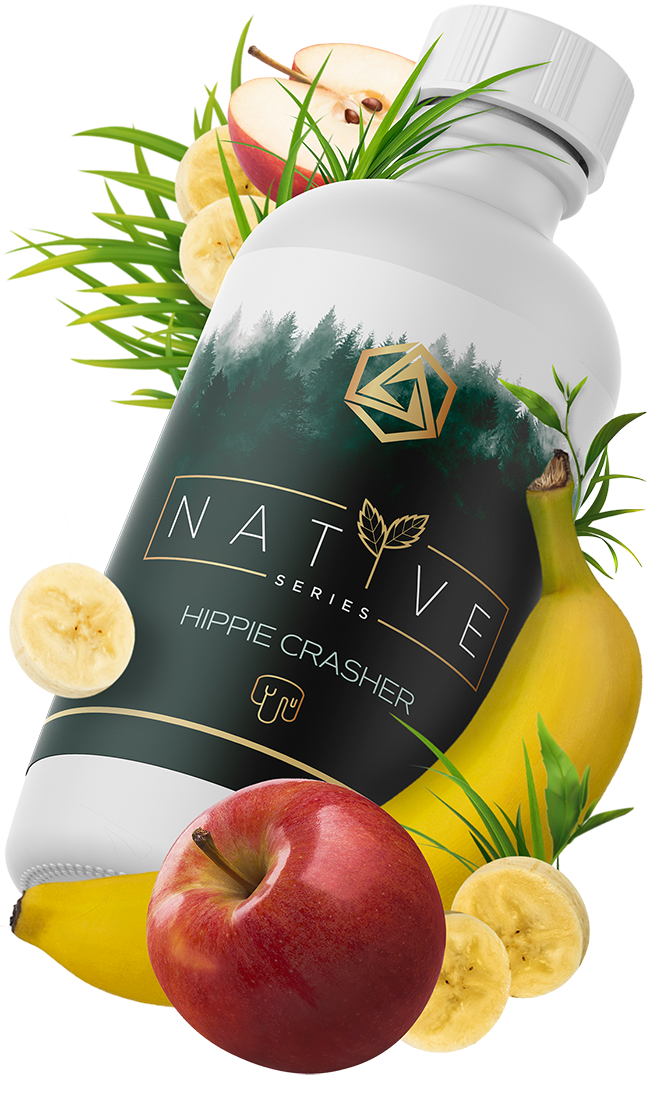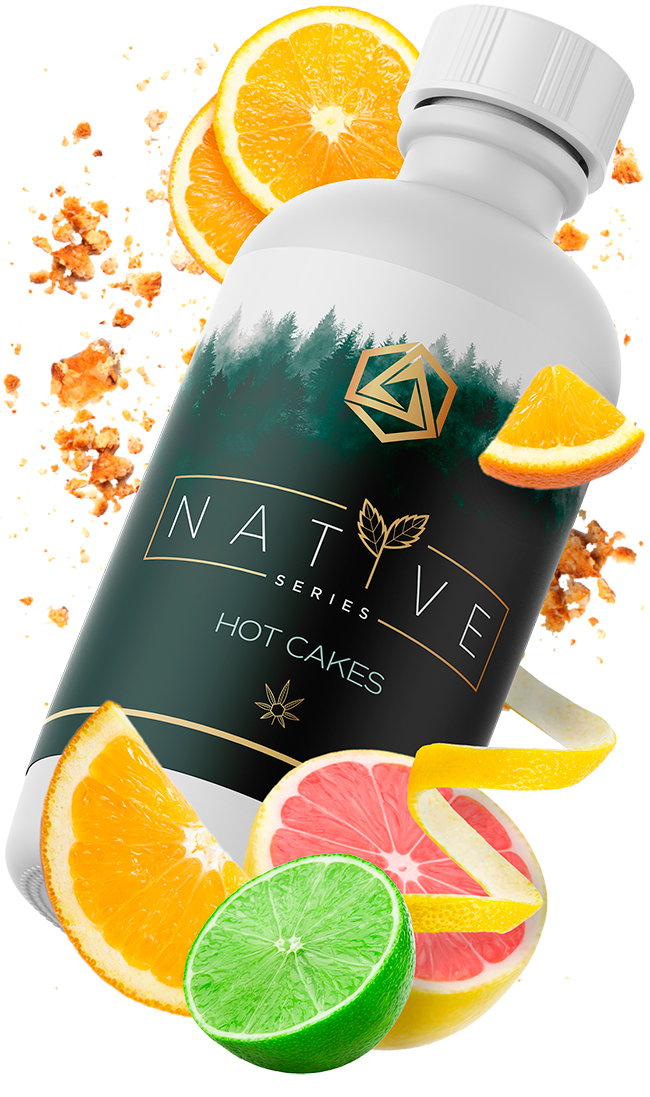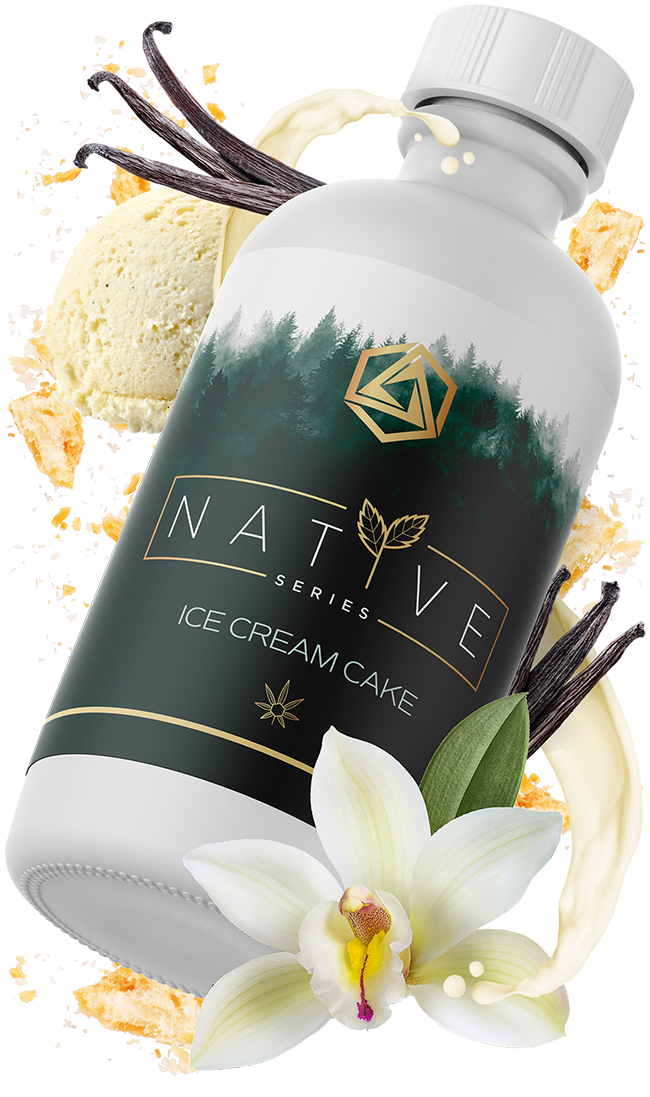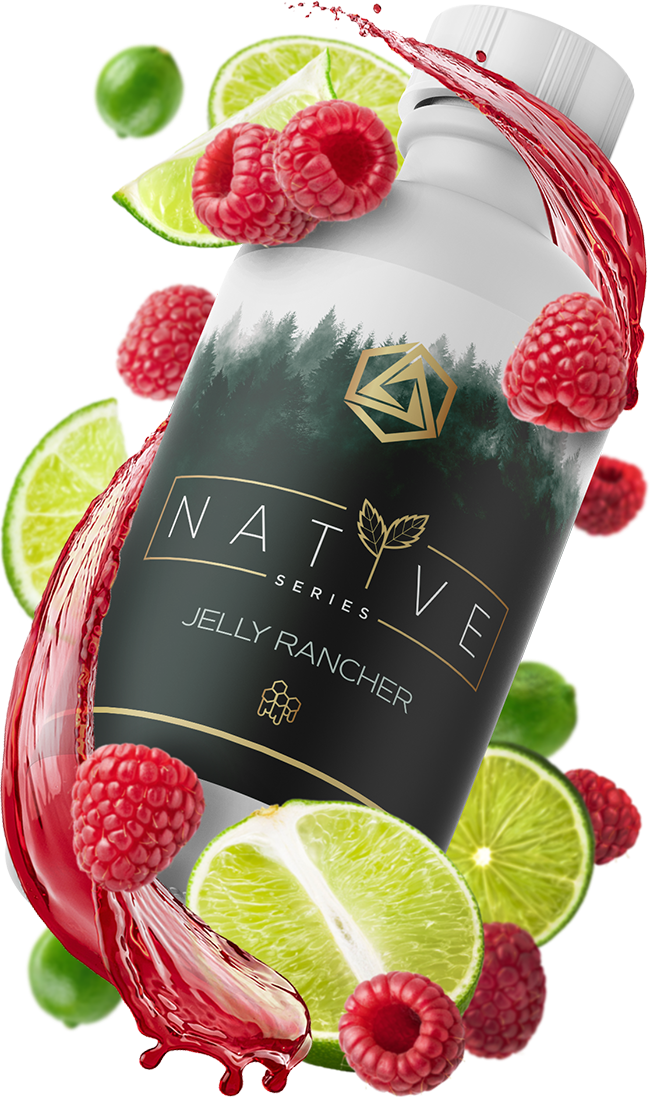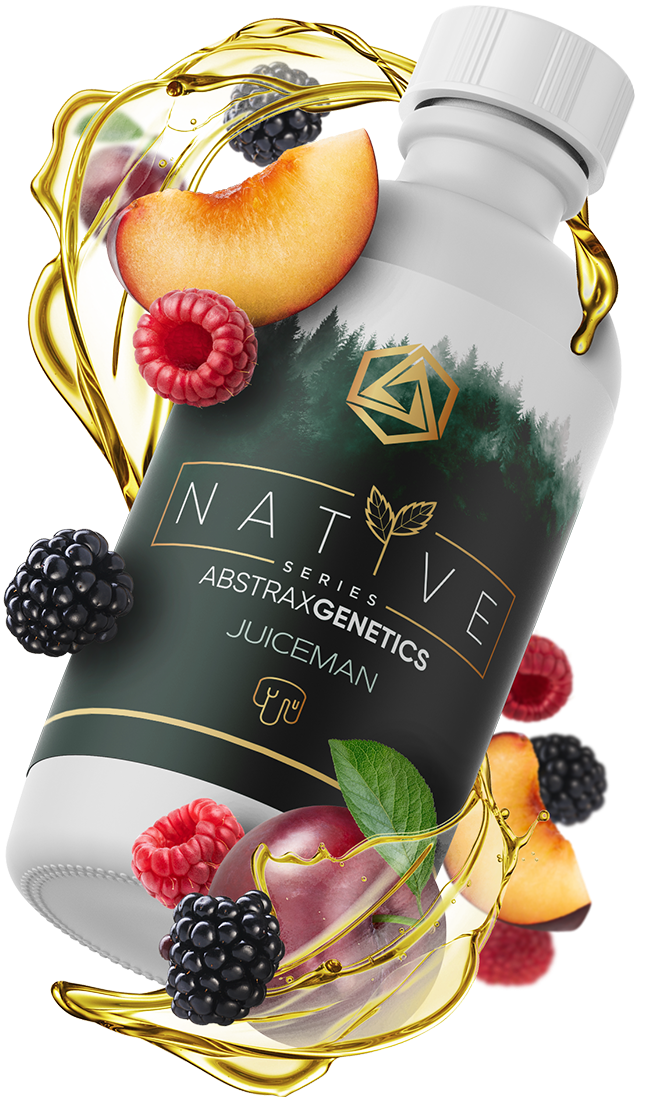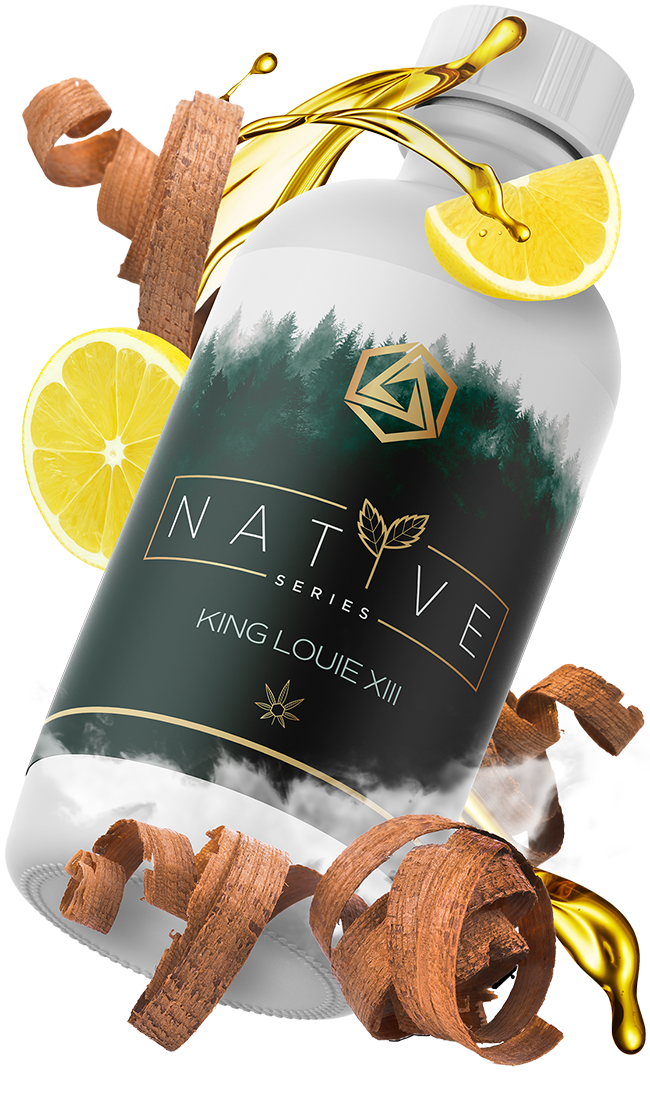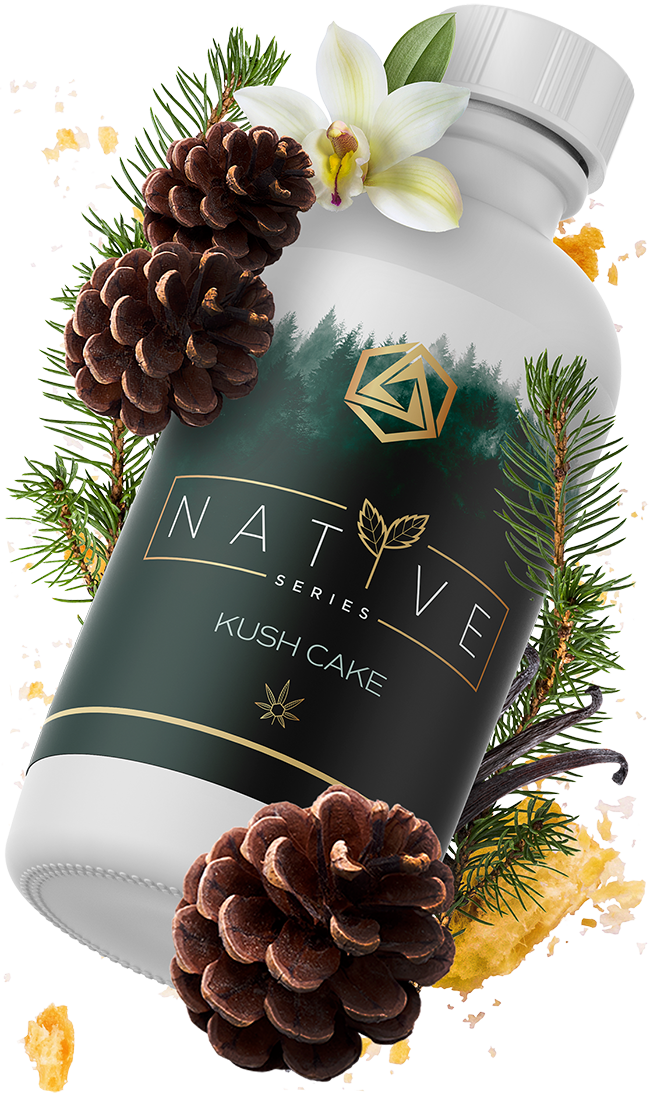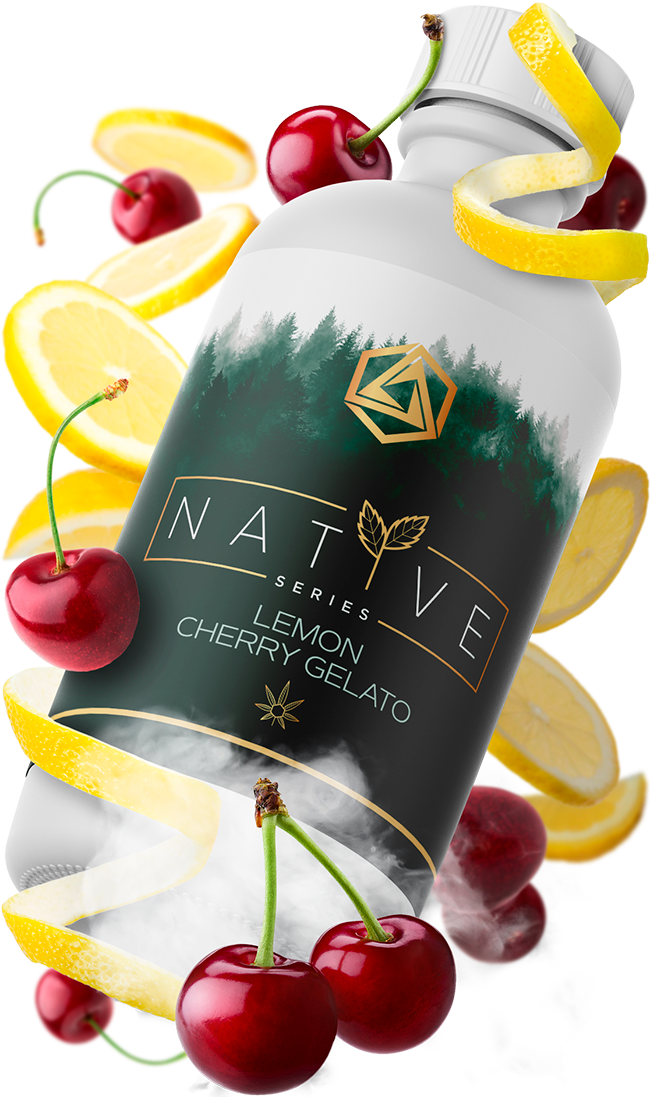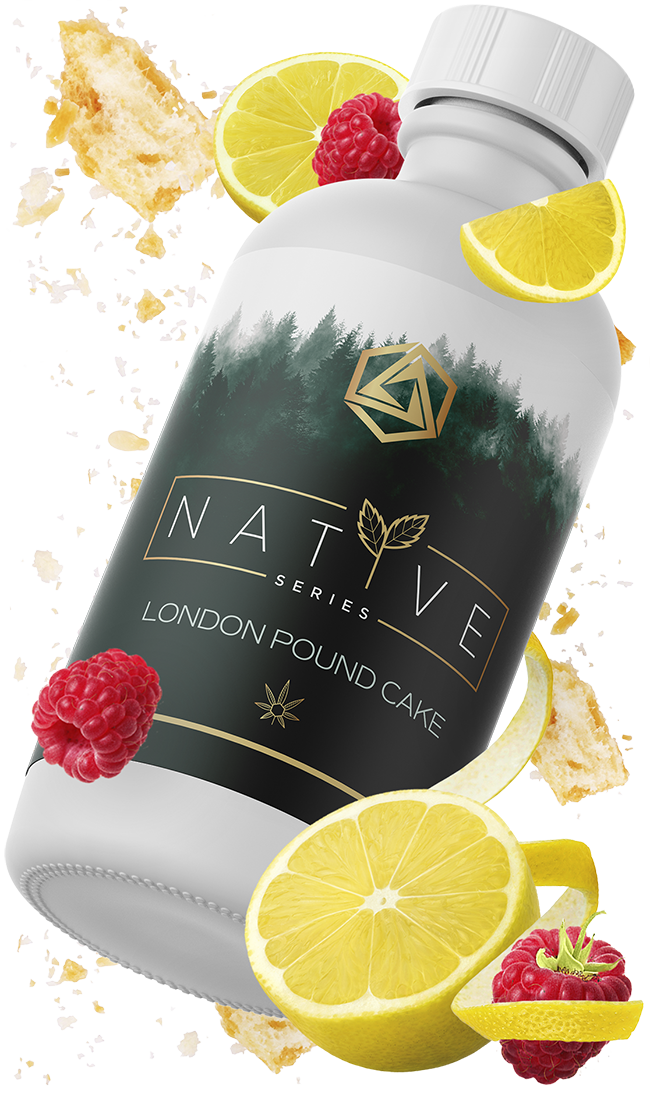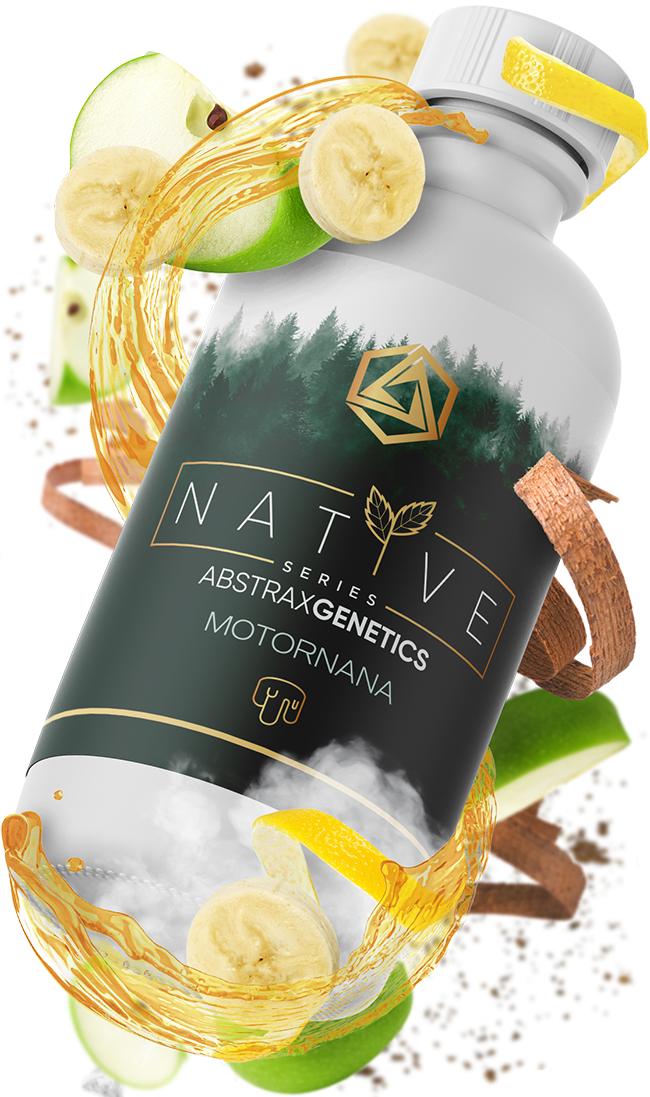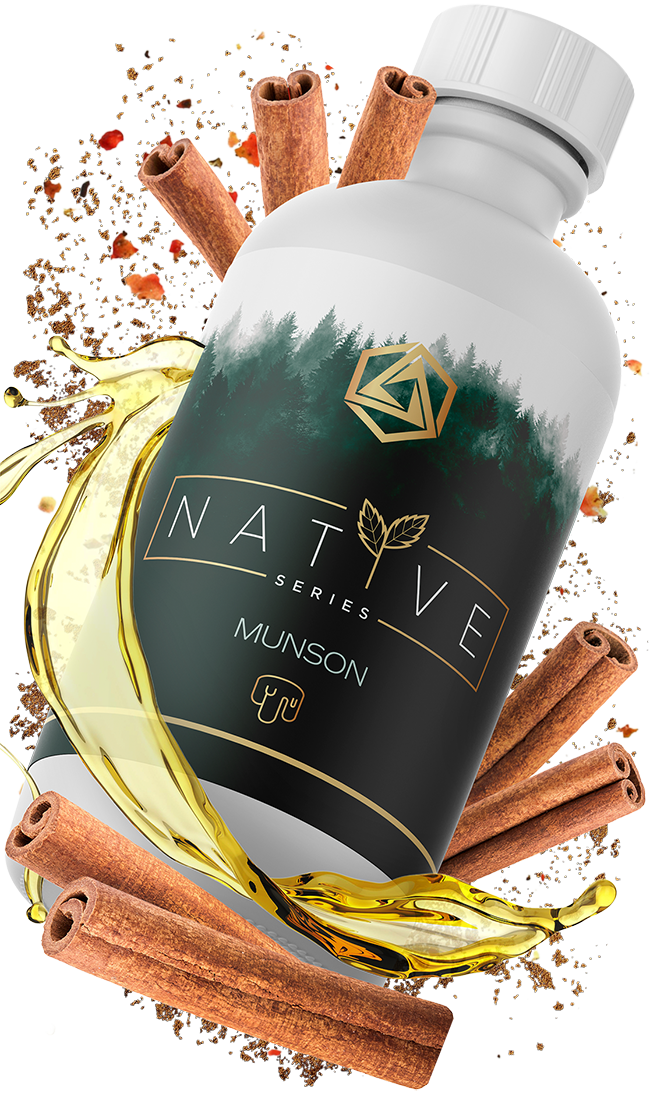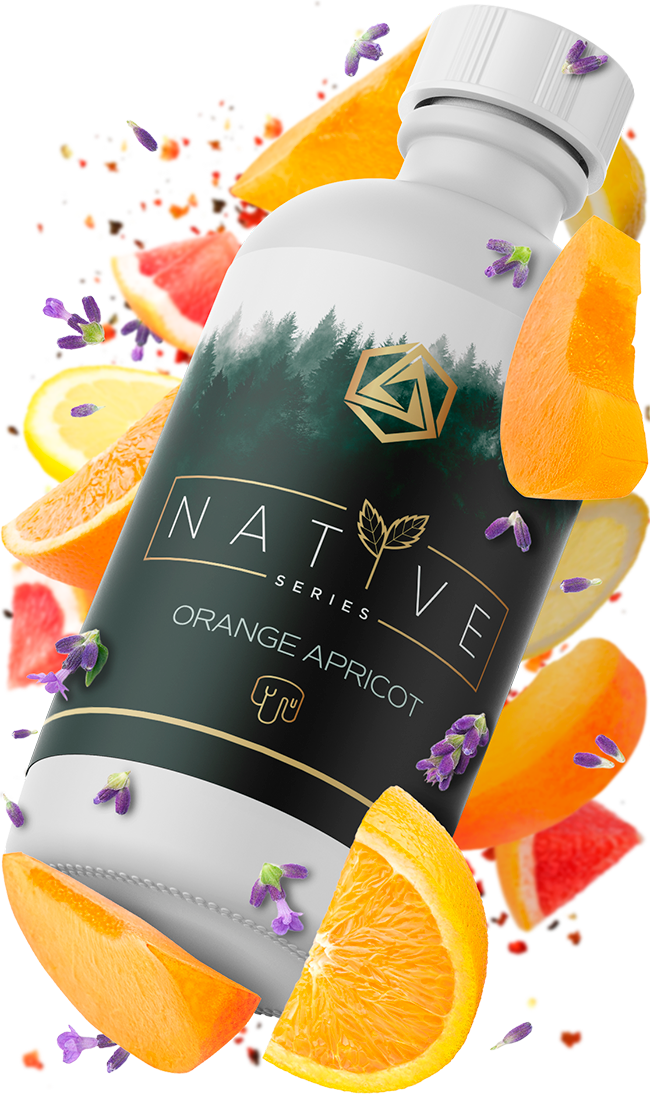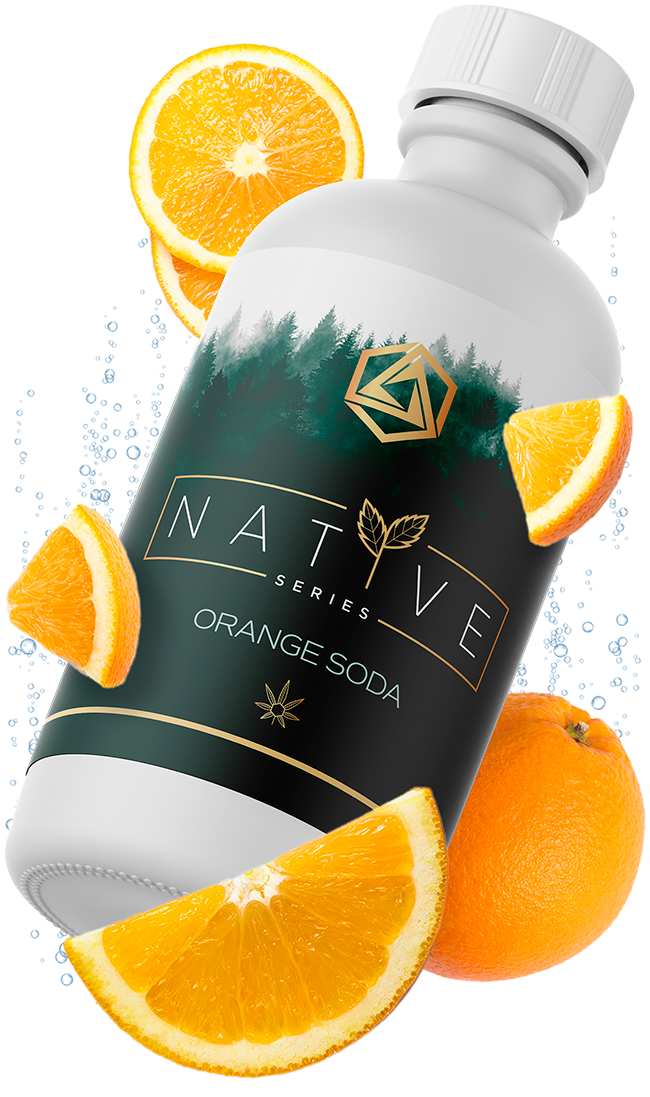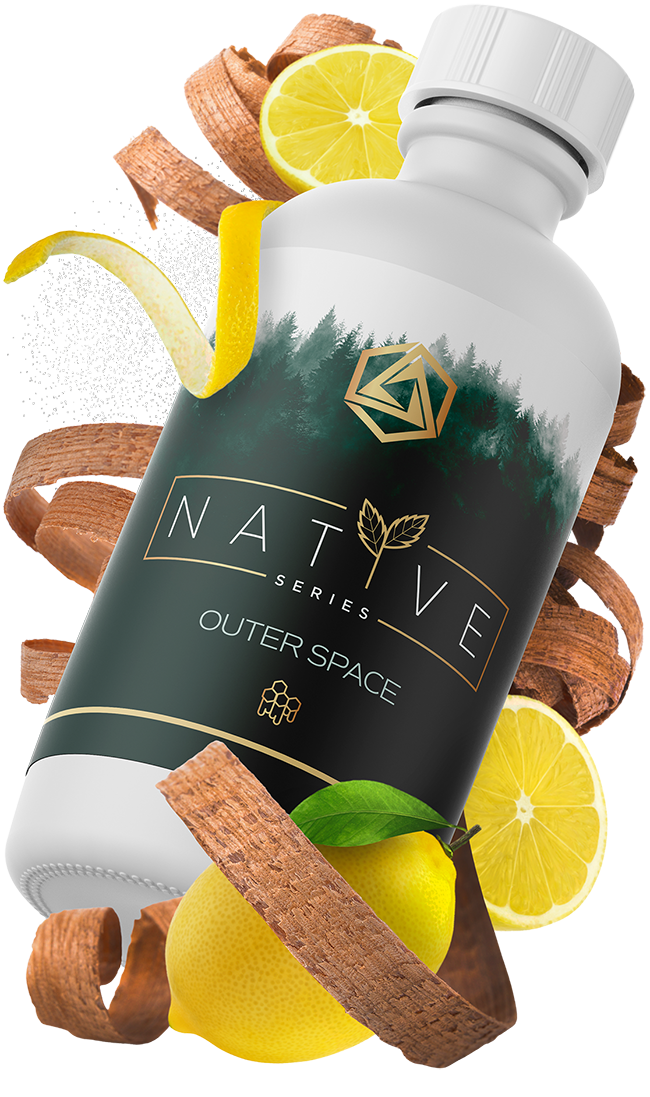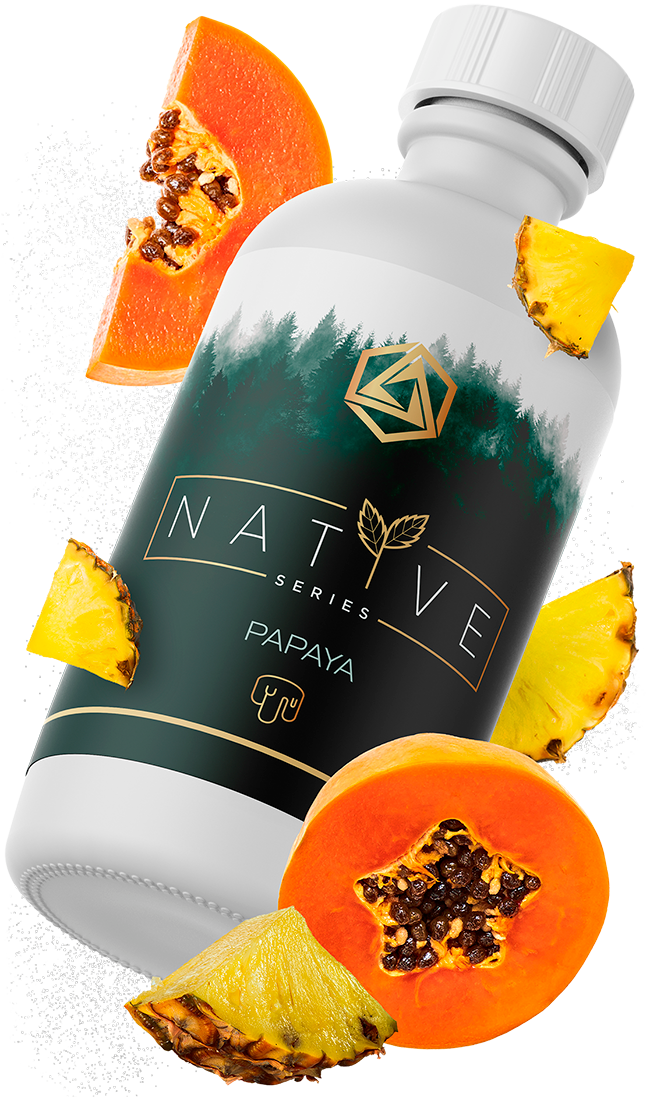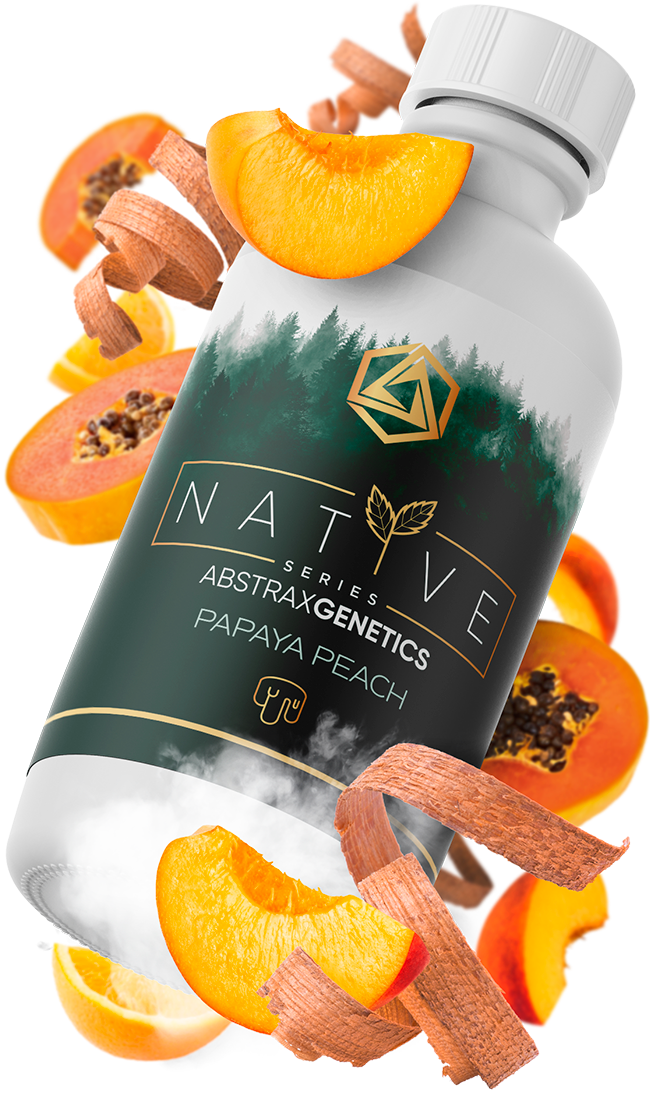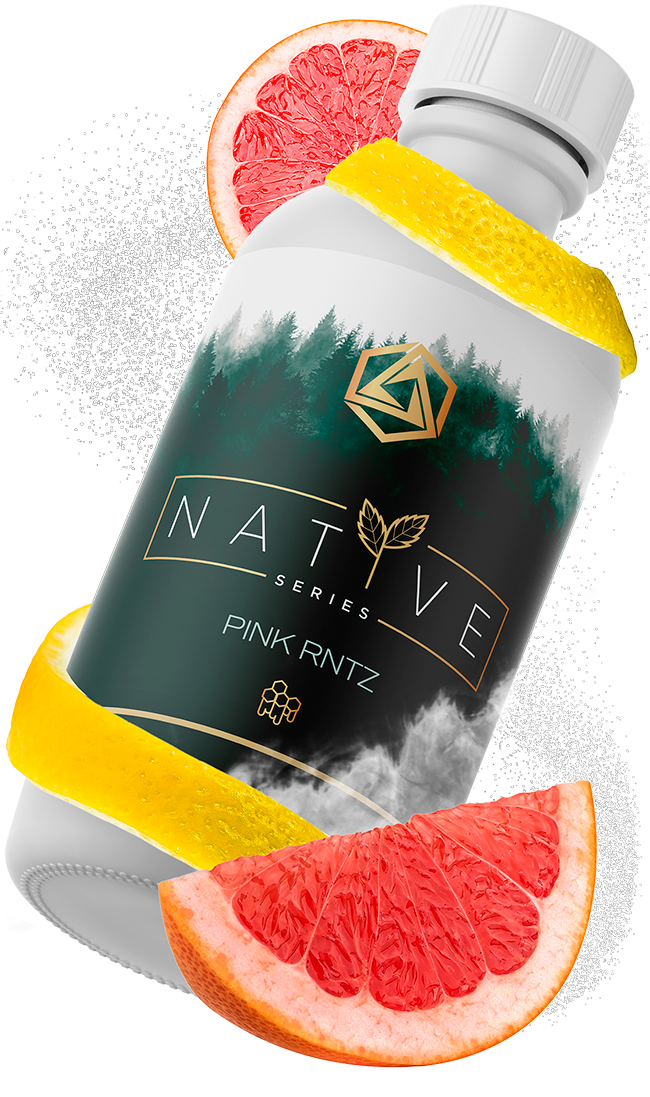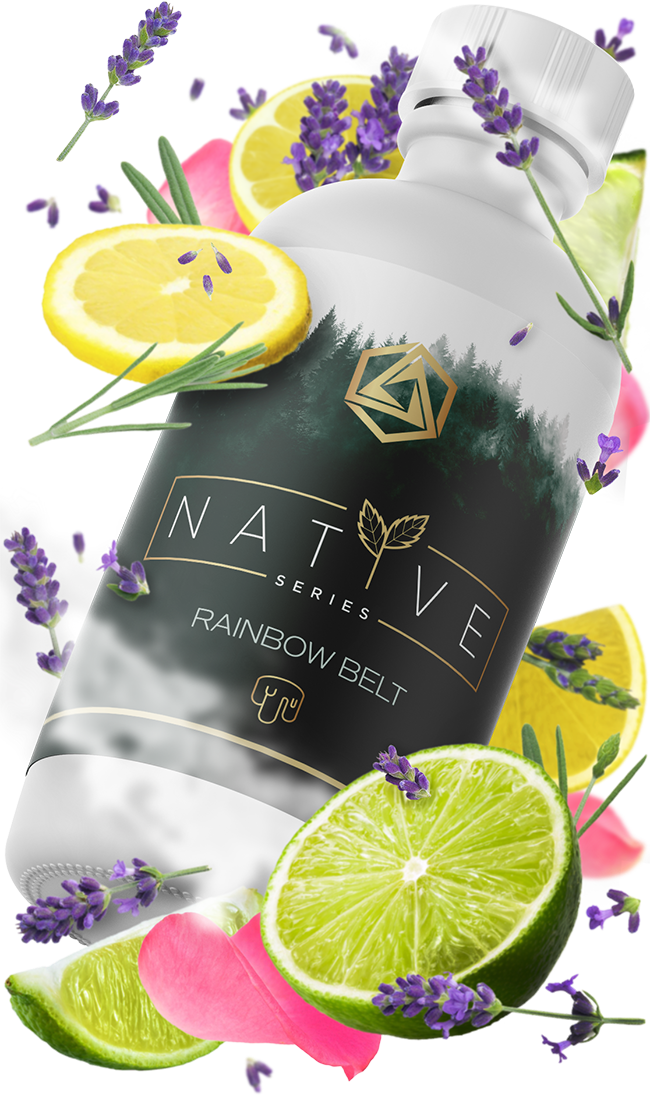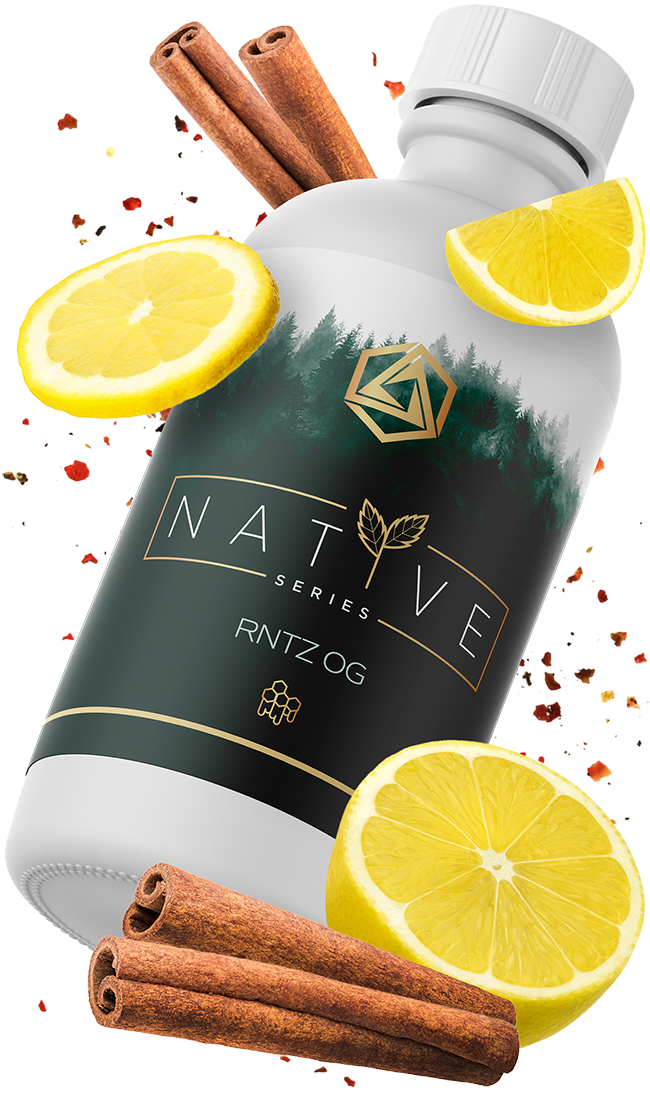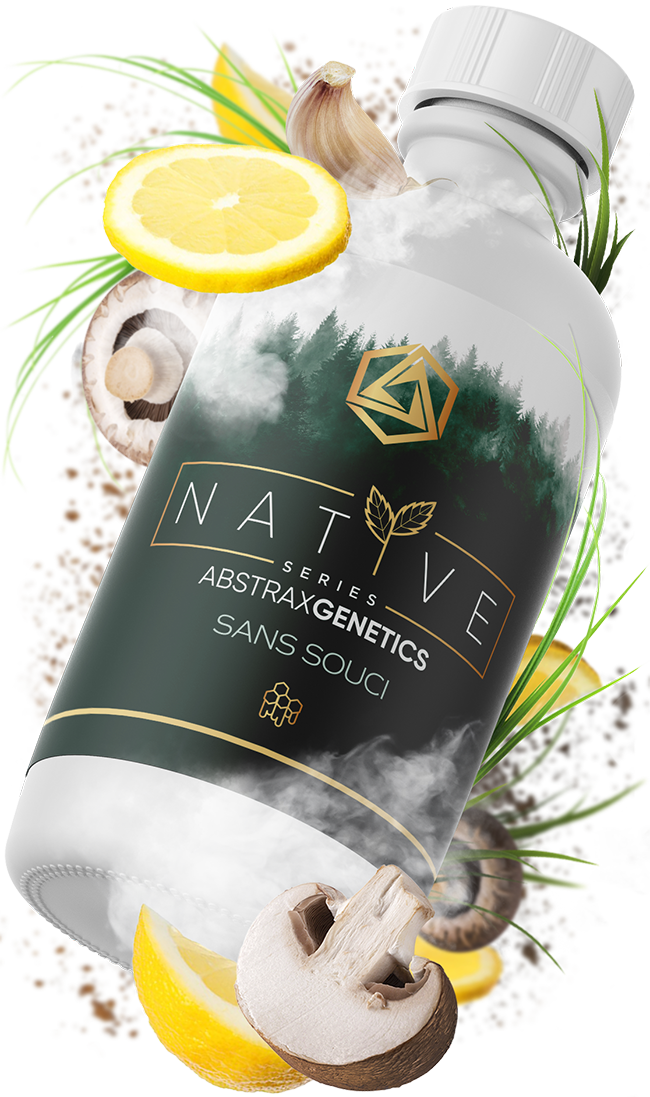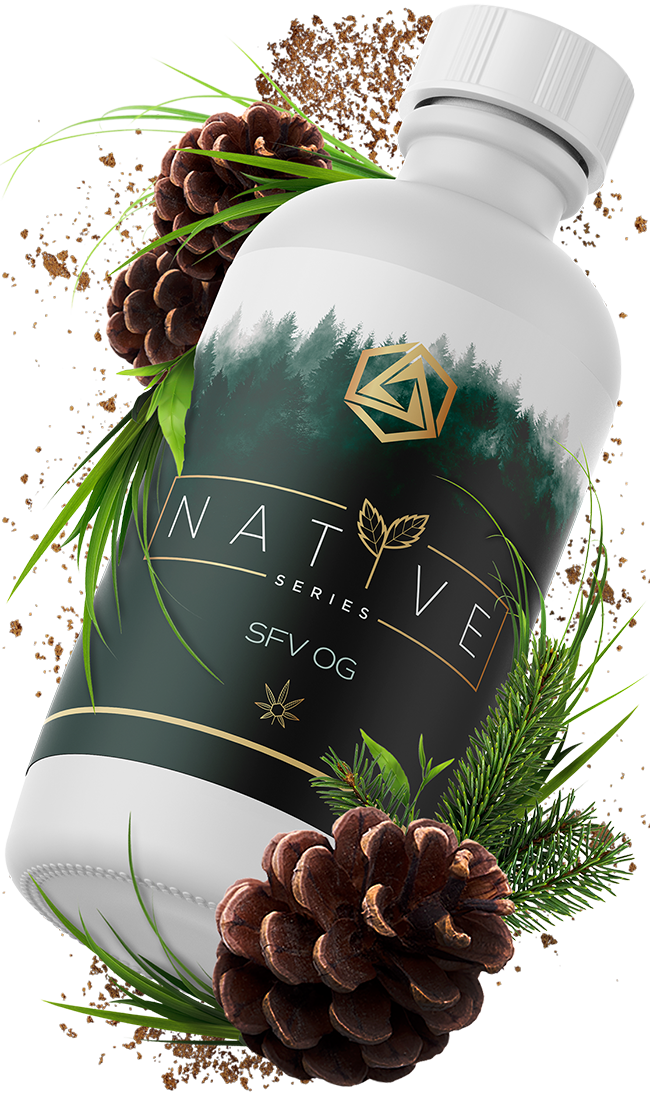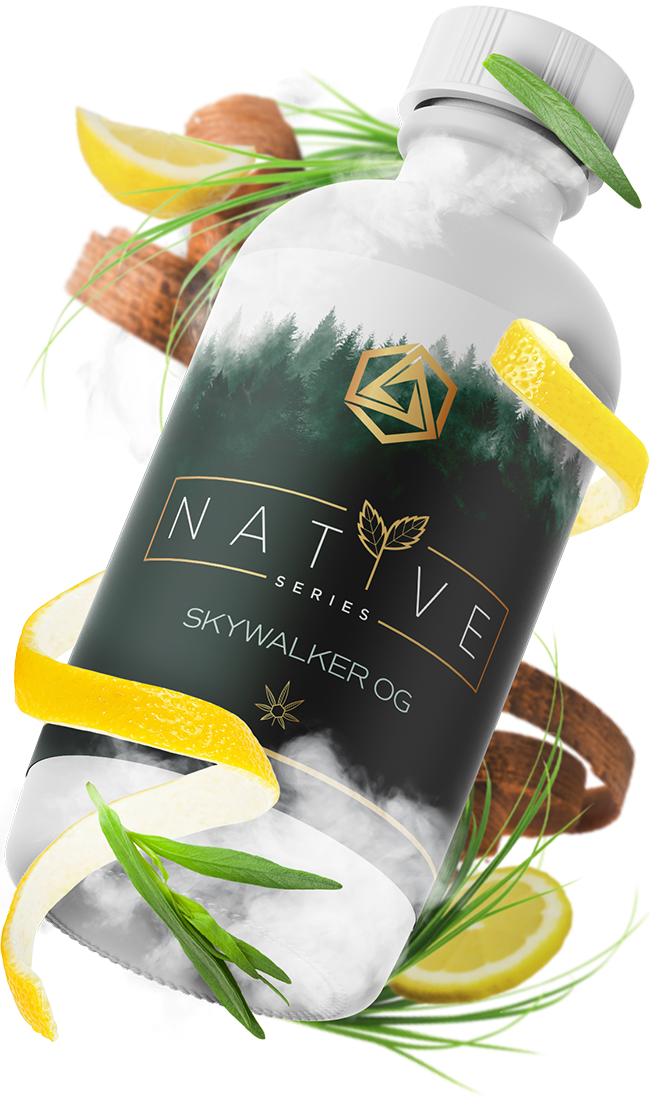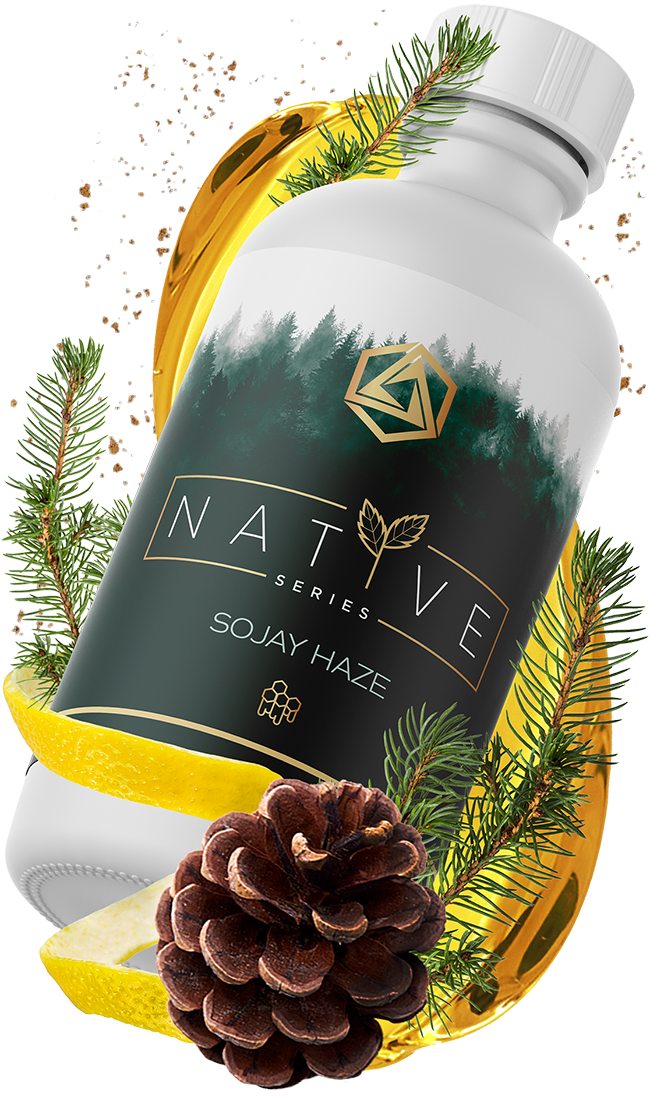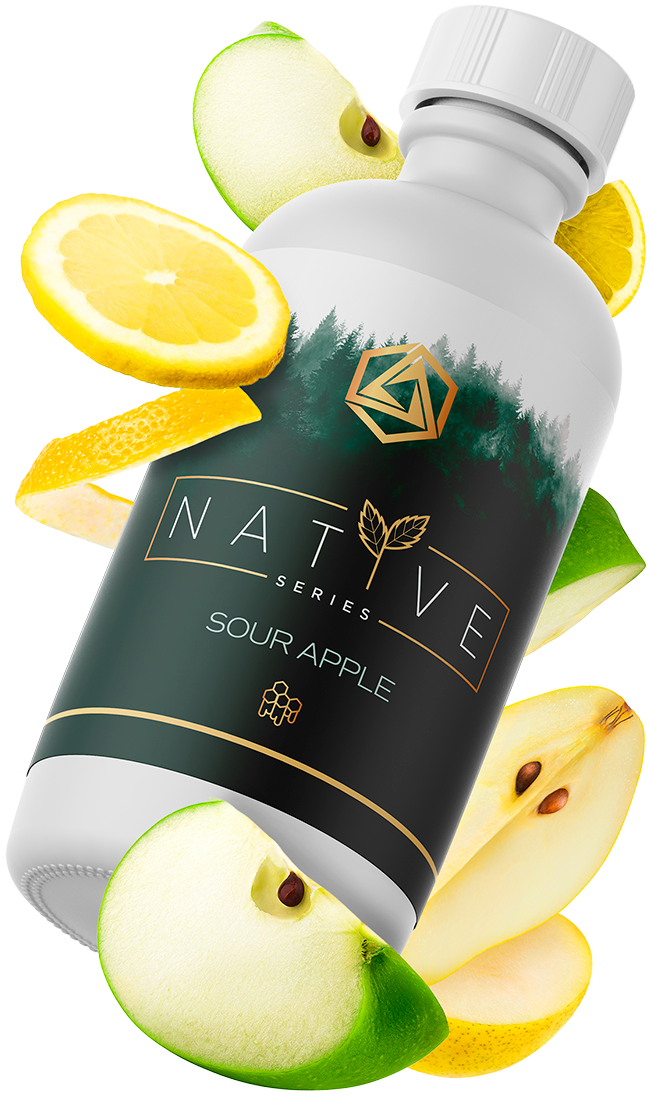NATIVESERIES
Candyland
The name sounds cute, but heavy-hitting genetics make Candyland a potent daytime treat. A sweet mixture of citrus and berries provides a delightful mental lift, while light earthy notes instill peace and relaxation.
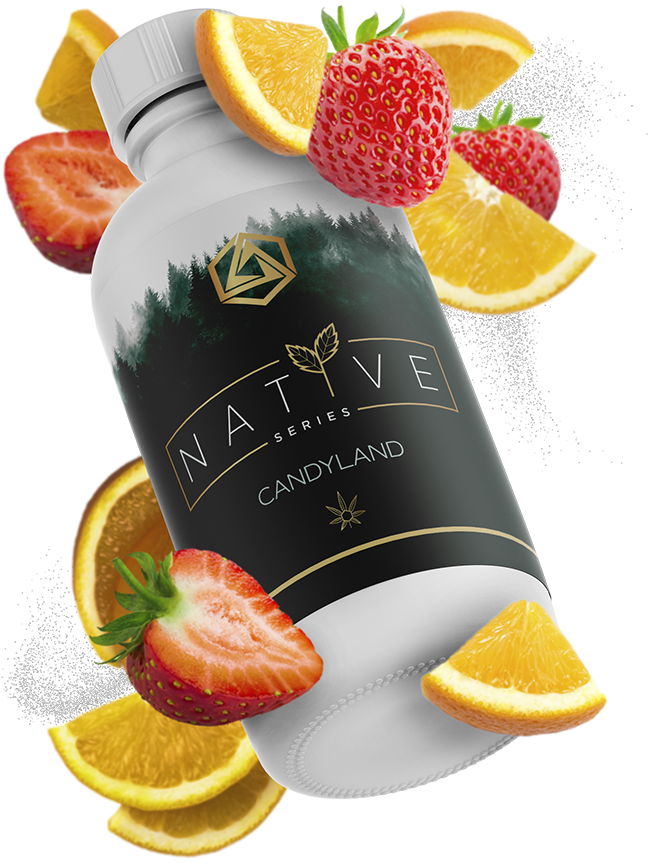
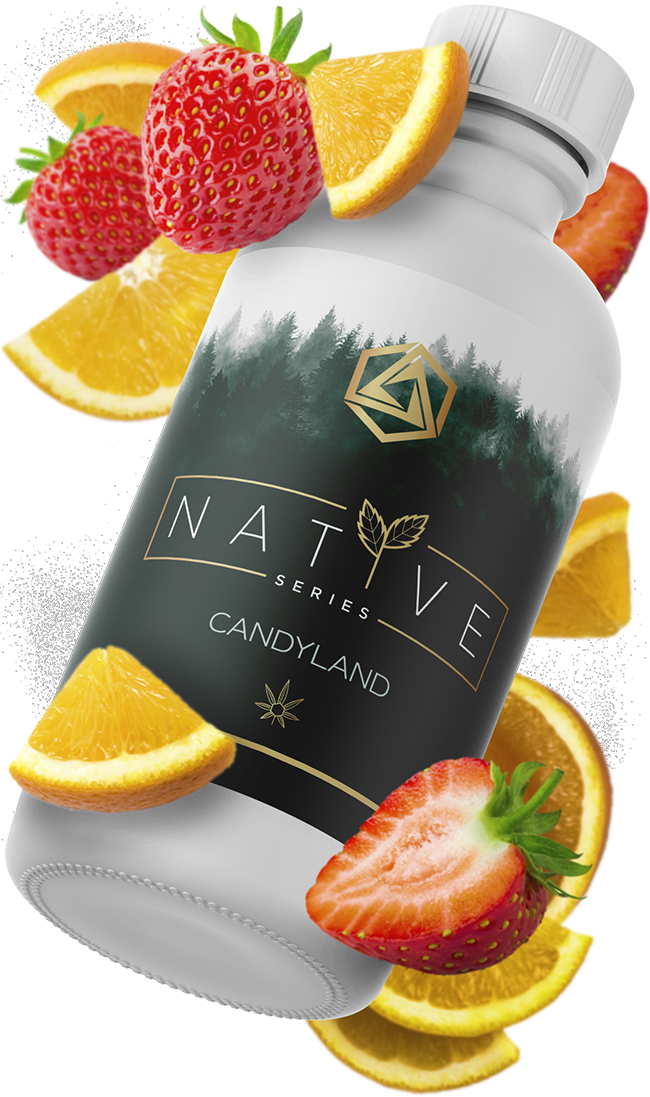
NATIVESERIES
Candyland
Candyland Terpene Profile
Also known as Kandyland
Flavor and Aroma
Berry
Citrus
Plant Structure
Sativa
Mood Orientation
Energized
Peaceful
Dominant Terpenes
beta-Caryophyllene
Cadinene
d-Limonene
Cultivar Origins
Granddaddy Purple
Bay Platinum Cookies
Analyzed from
Flower
EXOTICFACTOR
LOUDFACTOR
AROMACOMPOUNDS
Terplytics™ makes it possible.
We offer the most detailed cannabis analytics on the planet.
Click the button to learn more about Abstrax Terplytics™.
Abstrax Terplytics are how we determine the unique characteristics of different cultivars. Up until now, it has been very difficult to accurately convey how gassy or loud a cultivar is, for example.
Terplytics are scored on a logarithmic ranking system - meaning that every increase in number is a huge step up in that particular attribute. A score of “97” is much higher than a score of “95”.
It is very important to note that these factors are not a reflection of the “quality” of the cultivar. A cultivar that has a 100% Haze Factor is not objectively any better than a cultivar with a 0% Haze Factor. It just means that one is a Haze and the other is not.
Cannabis is one of the most complex botanicals found in nature and Terplytics are an easy way to categorize their properties. Here’s what they mean.
HAZEFACTOR
Measures the similarity of a terpene profile to haze cultivars. These profiles tend to be sativa-leaning in their effects with woody and citrus aromas. The terpene content in these profiles tend to be higher than average. If you are looking for an energetic high with strong, woody, citrus notes, look for a profile with a high HAZEFACTOR.
High HAZEFACTOR Cultivars
| Jack Herer | 100% |
| Xamurai Jack | 99% |
| XJ-13 | 97% |
| Sojay Haze | 94% |
Sample Aroma Map
| Citrus | |
| Floral | |
| Gassy | |
| Musky | |
| Spicy | |
| Sweet | |
| Woody |
Common Traits
-
Terpinolene dominant

GASFACTOR
Measures the intensity of the gassy aroma in a profile. This aroma can be found in both sativa and indica dominant cultivars, as well as hybrids of each. Gassy cultivars often have high amounts of ß-Myrcene, d-Limonene, or ß-Caryophyllene as well as flavorants typically found in gassy exotics. The GASFACTOR is highly dependent on product age so be sure to check for freshness when hunting for gas.
High GASFACTOR Cultivars
| Bacio Gelato | 103% |
| Lemon Kush Mints | 93% |
| OG Kush | 92% |
| Frosted Cakes | 90% |
Sample Aroma Map
| Citrus | |
| Floral | |
| Gassy | |
| Musky | |
| Spicy | |
| Sweet | |
| Woody |
Common Traits
| ß-Myrcene dominant | |
| d-Limonene dominant | |
| Caryophyllene dominant |
LOUDFACTOR
Measures the potency of the aroma and flavor of a profile. Loud cultivars typically have high aroma content (>9% in LLR, >2% in flower) as well as a very high gas factor (>80+.) Terpinolene-rich cultivars can also have high loudness when fresh. If you’re looking for very loud flower to fill the room, look for a high LOUDFACTOR.
High LOUDFACTOR Cultivars
| Bacio Gelato flower | 100% |
| Animal Mints flower | 96% |
| Sojay Haze live resin | 93% |
| Jack Herer flower | 85% |
Sample Aroma Map
| Citrus | |
| Floral | |
| Gassy | |
| Musky | |
| Spicy | |
| Sweet | |
| Woody |
Common Traits

| High Gas | |
| Terpinolene rich |
AROMASPECTRUM
Measures two attributes simultaneously. First, the cultivar is ranked along the aroma spectrum where it falls between Sweet, Prototypical, and Savory. This illustrates how uniquely exotic the cultivar is overall. Second, within the arrow of the AROMASPECTRUM are various peaks and valleys. These measure the intensity of individual exotic flavors and aromas. The compounds that contribute to these scents are flavorants - typically esters, alcohols, or aldehydes.
AROMASPECTRUM
STRAINBALANCE
Measures how the amounts of terpenes vary in a profile. Cultivars with similar amounts of terpenes will have a higher strain balance because the variety will be more equal and varied. This leads to more complex aromas with less targeted effects. Cultivars with an overwhelmingly dominant top terpene will have a lower strain balance with less complex aromas, but more targeted effects.
When looking for very specific effects – sedative, energetic, or otherwise – look for a low strain balance profile. When looking for a more evenly balanced profile with a complex flavor and aroma, look for a high STRAINBALANCE.
High Balance Strains
| Insane OG - 99 | Rich earth tones |
| Papaya - 71 | Sweet musky notes |
| Wedding Cake - 73 | Citrus sweet notes |
Low Balance Strains
| OG Kush - 4 | Myrcene rich Heavily sedating |
| Jack Herer - 12 | Terpinolene rich Heavily energetic |
High STRAINBALANCE
Even distribution of terpenes yields complex aroma. Effects will be more even balanced, with none overpowering the others.

| Terpinolene | |
| B-Myrcene | |
| Gassy | |
| Musky | |
| Spicy | |
| Spicy | |
| Woody |
Low STRAINBALANCE
Higher concentration of dominant terpenes leads to a less complex aroma. Effects will be mainly driven by the top terpene.

The only botanical terps that actually smell and taste like cannabis-derived terpenes.
Except they don’t have the lipids, waxes, or chlorophyll typically found in hemp or cannabis-derived terpenes. Say goodbye to that mildewy hay smell and say hello to pure Native gas.
The problem
For over two long years, we committed ourselves to answering the simple question that plagues all botanically-derived terpenes,
"why doesn't this smell like cannabis?”
We built a team of chemists and PhDs to study cannabis in order to unlock one of it’s biggest secrets - what makes it smell so powerfully unique? If someone smokes it within 50 yards, you’re absolutely going to smell it and recognize it. Why?

The research
Traditional analytical methods just don’t cut it when it comes to cannabis. Most labs only test for 30-40 compounds typically found in cannabis, but we already know they’re not responsible for the iconic scent. We needed a way to find the mystery compounds.
The perfect analytical equipment didn’t exist. So we created it ourselves. It took years, but we were able to create the most comprehensive cannabis analytics tool on the planet.

The discovery
We didn’t just find one mystery compound. We discovered an entirely new class of previously unknown compounds that are the true origins of the “gas, skunk, and dank.” We coined the term “cannasulfur compounds” due to the rich presence of sulfur in each of them. These are the mystery compounds that give cannabis its legendary aroma.
If you’d like to read more about our research and discovery in depth, click below to view our white paper.
Read our paper
Why does this matter?
To speak from a product perspective - these compounds contribute to the authentic flavor and aroma of cannabis. Up until now, it’s been impossible for any botanically-derived product to smell and taste like cannabis.
The Native Series are the world’s first and only true-to-type botanically-derived cannabis profiles.
ADVANCEDTERPENEPROFILES
These are the next-generation of terpene profiles.
The Native Series contains cannasulfur compounds (CSCs) to impart that gassy, skunky flavor and aroma that matches exactly with the original cannabis’ metabolic fingerprint.¹

Sauce, Rosin, or Flower?
We’ve modeled each Native Series profile off the “best” version of each cultivar (sauce, rosin, or flower.) That’s why Native Series profiles denote the source of the original cannabis material we analyzed.

 Flower
Flower
During the various refinement and purification processes inherent to extraction, different molecular components are targeted for harvest. Along the way, certain substances are prioritized - often at the expense of other molecular structures. Thanks to our industry-leading analytics, we’ve been able to fine tune our extraction techniques to identify and isolate the exact flavor and aroma compounds of the natural, original flower - minus the plant matter and fats, of course.

 Rosin
Rosin
After high-quality frozen products are subjected to a series of concentration processes, the act of creating rosin includes refreezing that refined solution before dispersing it through various grade sieves. Then, that material is exposed to carefully modulated heat and pressure. Fortunately, while these procedures do affect the flavoring of rosin relative to traditional flower, rigorous testing has enabled our chemists to perfectly replicate the terpene structures, tastes, and aromas of the native flower.

 Sauce
Sauce
Sometimes referred to as "terp sauce," this denomination is the cutting edge of concentrate technological achievement. Transcending traditional mixing boundaries, sauce takes purification to new levels; crystalline icebergs float along in syrupy seas of terpene jelly. Beyond the difficulty of stabilizing such a volatile substance for production, extensive time was invested in understanding the full spectrum of terpene inclusion - relative to both the flavor and effect of whichever flower that sauce is derived from.
We conducted a peer-reviewed research study to figure out how different cannabis concentrates, derived from the same cultivar, compare to the original flower itself. What changes occur when you take flower and turn it into live resin or solventless rosin?
Check out our paper here"This research and discovery will have long-lasting positive effects on the cannabis industry... it will also help us to further enhance our OG genetics to create the ultimate consistency and product experiences."
Josh Del Rosso, Founder Josh D Farms
Original breeder of OG Kush
Candyland Specifications
-
Storage, Handling, and Usage
Storage: We strongly recommend leaving Native Series profiles unopened and in a refrigerator at 41°F until ready for use. Do not ever freeze the bottle. After they’re opened you’ll still want to keep them in a dark refrigerator at between 41-50°F to preserve the wonderful sensitive aroma of the terpenes. Storing them improperly will result in aroma degradation. Similar to a jar of flower, the more you open and expose it to air and light, the more likely the terpenes will degrade/lose potency. For absolute best results, use within 3 months of receiving.
Handling: Wear gloves and eye protection when handling. Use in a properly ventilated area and out of the reach of children. Avoid contact with the skin, eyes, wood surfaces, and fabrics.
Usage: It’s always a good idea to shake well before use. These are highly concentrated food grade terpenes and flavors for manufacturer use only. Do not directly ingest, inhale, or touch with bare skin prior to dilution. For dilution and mixing recommendations,
-
Disclaimers
With each state having unique and differing regulations regarding terpene blends and flavor additives, the blends that may be approved for use in one state may not be acceptable for use in another state, and vice versa.
Please coordinate with your Abstrax sales representative about the compliance of these blends in your respective state/country and application. Each state has ever-evolving regulations and it is important that our customers ensure they are in compliance with their respective regulatory bodies.
-
Candyland Certificates
-
Abstrax Certificates
SQF Certified
The first and only manufacturer of terpene-based products to achieve this certification.
This is the gold standard - FAR above and beyond the typical ISO 9001:2015 certification of other suppliers.
Frequently asked questions
View more FAQs-
What is the Native Series?
Imagine cannabis-derived terpenes… without cannabis. That’s the Native Series - a collection of Advanced Terpene Profiles. Tastes and smells exactly like the original cannabis material. Except they’re not limited by supply, they don’t cost your firstborn child, and they’re legal worldwide.
Native Series profiles, by and large, contain cannasulfur compounds - the ingredients Abstrax discovered that give cannabis its distinctive gassy, skunky aroma. Through our industry-leading analytics, we’re able to unlock all of the mysteries of the original flower and then recreate them more precisely than any other terpene company on the planet.
The Native Series is completely unique in the terpene marketplace. No other terpene company has a botanical terpene blend that tastes and smells like cannabis. You’ll often find “live resin” hemp terpenes that try to get close to our Native Series, but check the price tag and supply.
If you’re a brand that’s looking to build consumer trust through repeatable and scalable cannabis product lines, then our Native Series is the best viable option to optimize your product experience. -
How are Native Series profiles created?
We let nature guide us on the product development of each Native Series profile.
First we run a fresh sample through our analytical equipment to unlock everything that’s in the plant. Other terpene companies and labs test for about 30-40 compounds commonly found in cannabis. Abstrax tests for over 400. Think about it - how could we honestly build a product if we’re only guessing at what the ingredients are?
After we’ve performed our detailed analytics, we let the plant guide our formulation. We’re not taking artistic liberties with this collection. Whatever the cannabis plant is producing is exactly what you’re going to taste in our finished profile. -
How close are Native Series profiles to cannabis-derived terpenes?
They’re nearly identical. We’re talking 99% accuracy. That’s really what makes the Native Series so special. They’re the world’s first true-to-type botanical terpene profiles.
Cannabis is an extremely complex plant. It can frequently have hundreds and hundreds of individual compounds from cultivar to cultivar. So we take extra special care to craft our Native Series profiles using a massive library of aroma compounds.
Our Native Series profiles can be an even closer representation of the original flower than cannabis-derived terpenes from the same flower. I know, bold claim. How can a botanical profile be more accurate than the actual terpenes derived from the cannabis itself?
To start with, the flavor profile is very delicate and your extraction method is massively important. If you’re extracting via butane, propane, etc then you’re removing most of the organic compounds. If you’re using steam distillation its probably going to come out smelling like tea leaves. CO2 extractions use a lot of heat & pressure and it can absolutely demolish the flavor profile. On and on and on. Point is that there’s a very strong likelihood of altering the flavor profile of the flower through the extraction process. If that alteration is greater than 1% then our Native Series will be a closer final representation. We published a research study on this to prove it.
We have the most detailed cannabis analytics in the entire world so we can determine exactly what the original flower contained. Then we can formulate using the same compounds to impart the gassy, skunky notes found in cannabis even though it's a botanical blend. The end result is often an even closer representation of the original flower than cannabis-derived terpenes themselves. -
Why are some Native Series profiles listed as “sauce, rosin, or flower?”
We conducted a peer-reviewed research study to figure out how different cannabis concentrates, derived from the same cultivar, compare to the original flower itself. What changes occur, if any, when you take flower and turn it into live resin or solventless rosin? Check out our paper here.
Long story short - the flavor and aroma profile can vary. We learned that different cannabis products can have different aromas even from the same cultivar.
For our Native Series profiles we’ve modeled their analytics off the “best” version of each cultivar. That’s why Native Series profiles denote the source of the original cannabis material we analyzed.
Special note: don’t confuse the Native Series with the misnamed “live resin terpene” offerings you’ll find from our competitors. Live resin is an extract obtained from the hydrocarbon extraction of cannabinoids, terpenes, and other compounds, typically via the use of a solvent (not steam!) from fresh frozen flower. -
Are these “live resin” terpenes?
No, they’re botanically derived. In fact, the bulk majority of “live resin terpenes” are improperly named. Here’s why.
Live resin is a honey-like extract created with fresh frozen cannabis and extracted using a hydrocarbon extraction method (typically butane.) The original plants are kept frozen throughout the extraction process and they skip the traditional drying, curing, and trimming phases of harvest. The plants must remain frozen otherwise the heat will destroy the volatile flavor and aroma compounds and, additionally, they’ll carry over unwanted water.
To be clear, live resin is a cannabis extract. “Live resin terps” would imply that the terpenes were extracted from a live resin extract, but that is very rarely the case. Don’t be fooled and, more importantly, don’t spend money on mislabeled steam-distilled hemp terpenes.
There are true live resin terps out there and, even better, we sell them! Hop on over to Abstrax Labs if you’re interested.
Other Native Series Profiles
Tastes and smells like cannabis. Legal worldwide.
As Featured in:
The Science of Exotic II: The Curious Case of Chem

 ?
?
As Featured in:
The Science of Exotic III: The Trio of Tropicanna

 ?
?
1. Our assumption is based on a 5% usage rate of terpenes within a one-gram cart filled with THC distillate. This is an average percentage of terpenes. Your results may vary.
2. Not every Native Series profile will contain CSCs. If the original cannabis sample doesn’t contain CSCs then the resulting Native Series profile won’t either.

